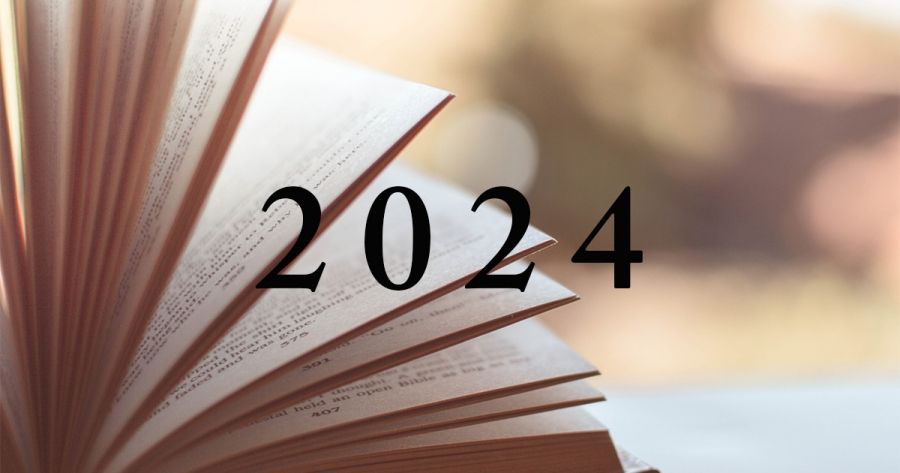
- Free Article: No
- Contents Category: Books of the Year
- Custom Article Title: Books of the Year 2024
- Review Article: Yes
- Article Title: Books of the Year 2024
- Online Only: No
- Custom Highlight Text: William Dalrymple’s The Golden Road: How ancient India transformed the world (Bloomsbury, reviewed in ABR, 10/24) explores the ways in which India shaped the ancient (and by extension modern) world. This expansive work is brilliantly readable. I enjoyed it so much that I downloaded the recorded version, which Dalrymple himself narrates. This I have listened to twice. Dalrymple challenges the Western-centric view of history and highlights India’s under-appreciated impact on Asian and Western cultural and economic developments. My second selection is almost a diametrical opposite: a slim book written in incredible haste. Gideon Haigh’s My Brother Jaz (MUP) is an exploration of grief, guilt, remorse, and survival. In January 2024, Haigh impulsively and, one imagines, frenetically began writing about the night his seventeen-year-old brother Jasper was killed. He finished seventy-two hours later. My Brother Jaz is unflinching, painful, and anguished. It is also a remarkable exploration of what it means to go on, to live, to reconcile and remember.
- Featured Image (400px * 250px):
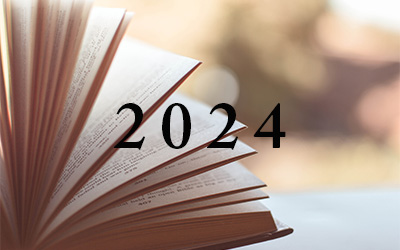
- Alt Tag (Featured Image): Books of the Year 2024
Jason Steger
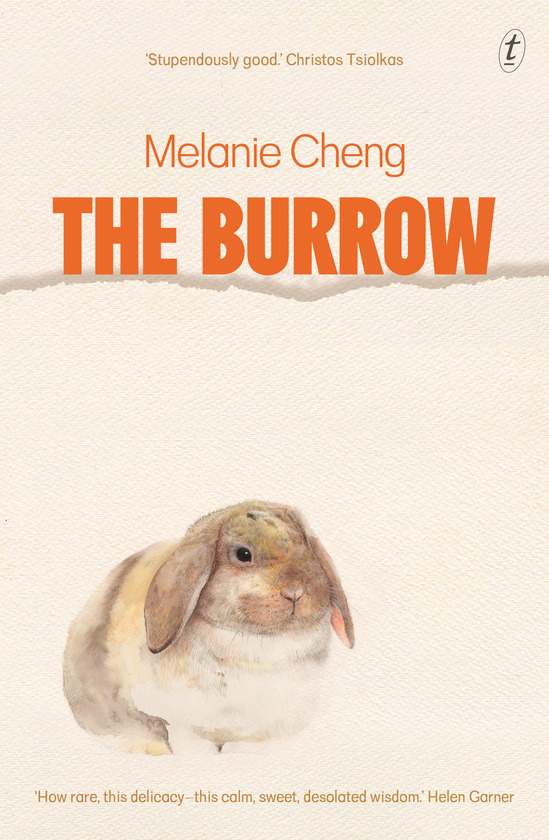 I loved Melanie Cheng’s second novel, The Burrow (Text), a tender but scrupulous look at a family dealing with grief and guilt after the death of baby Ruby while in the care of her grandmother Pauline. Amy, Jin, and their surviving daughter, Lucie, are floundering in emotional stasis when Pauline is injured and comes to stay. Adopting a rabbit, Fiver, proves to be a catalyst for change. Cheng brings all her characters – including the rabbit – to life with crystal-clear writing. The Burrow is desperately moving. I also liked Knife: Meditations after an attempted murder (Jonathan Cape, 6/24), Salman Rushdie’s very personal memoir of surviving a knife attack, which is also the love story of Rushdie and his wife, Rachel Eliza Griffiths. Joseph O’Neill’s Godwin (Fourth Estate), his novel about work, soccer, migration, and exploitation, was a pleasure, and Tony Birch’s assessment On Kim Scott: Writers on Writers (Black Inc., 5/24) was characteristically perceptive and generous. I also loved The Ministry of Time (Sceptre) by Kaliane Bradley – imaginative, clever, and great fun.
I loved Melanie Cheng’s second novel, The Burrow (Text), a tender but scrupulous look at a family dealing with grief and guilt after the death of baby Ruby while in the care of her grandmother Pauline. Amy, Jin, and their surviving daughter, Lucie, are floundering in emotional stasis when Pauline is injured and comes to stay. Adopting a rabbit, Fiver, proves to be a catalyst for change. Cheng brings all her characters – including the rabbit – to life with crystal-clear writing. The Burrow is desperately moving. I also liked Knife: Meditations after an attempted murder (Jonathan Cape, 6/24), Salman Rushdie’s very personal memoir of surviving a knife attack, which is also the love story of Rushdie and his wife, Rachel Eliza Griffiths. Joseph O’Neill’s Godwin (Fourth Estate), his novel about work, soccer, migration, and exploitation, was a pleasure, and Tony Birch’s assessment On Kim Scott: Writers on Writers (Black Inc., 5/24) was characteristically perceptive and generous. I also loved The Ministry of Time (Sceptre) by Kaliane Bradley – imaginative, clever, and great fun.
Glyn Davis
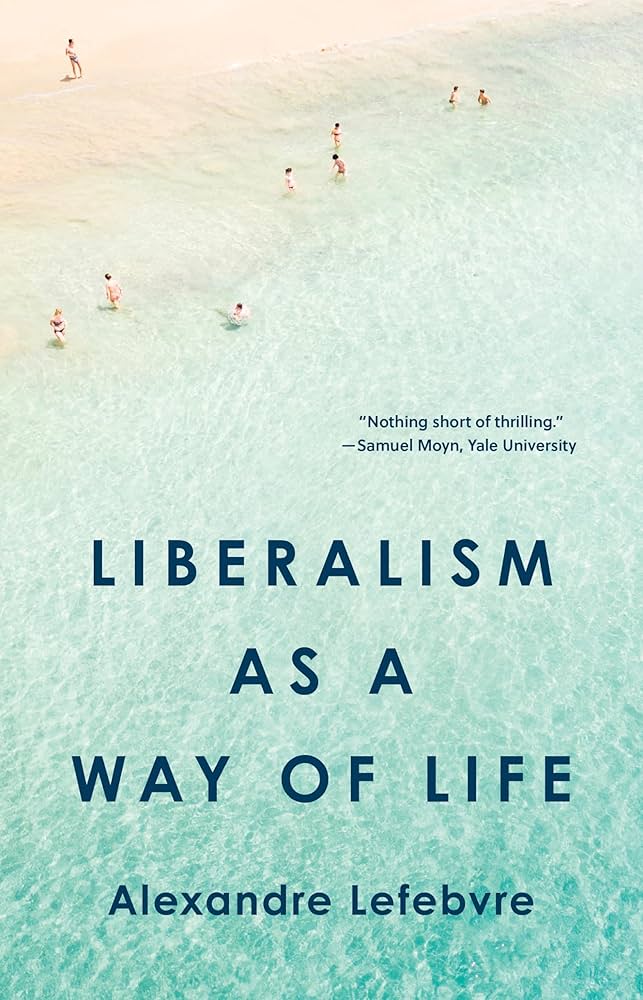 Amid bruising elections and distressing conflicts, this has been a bracing year for political writing. Much commentary is ephemera, but the consistent excellence of essays in the quarterly Liberties: A journal of culture and politics, edited by Leon Wieseltier, has been uplifting. In similar manner, Alexandre Lefebvre’s Liberalism as a Way of Life (Princeton University Press, 10/24) offers a welcome reflection on liberal democratic values. Rick Morton’s Mean Streak (Fourth Estate) provides the first detailed account of an egregious failure in Australian governance. It will be challenged, but the book commands attention for courage and persistence. Away from politics, Canadian poet Anne Carson published Wrong Norma (Jonathan Cape), enhancing her distinctive collage approach – essays, snippets, a history of skywriting – in a volume of fragments.
Amid bruising elections and distressing conflicts, this has been a bracing year for political writing. Much commentary is ephemera, but the consistent excellence of essays in the quarterly Liberties: A journal of culture and politics, edited by Leon Wieseltier, has been uplifting. In similar manner, Alexandre Lefebvre’s Liberalism as a Way of Life (Princeton University Press, 10/24) offers a welcome reflection on liberal democratic values. Rick Morton’s Mean Streak (Fourth Estate) provides the first detailed account of an egregious failure in Australian governance. It will be challenged, but the book commands attention for courage and persistence. Away from politics, Canadian poet Anne Carson published Wrong Norma (Jonathan Cape), enhancing her distinctive collage approach – essays, snippets, a history of skywriting – in a volume of fragments.
Kirsten Tranter
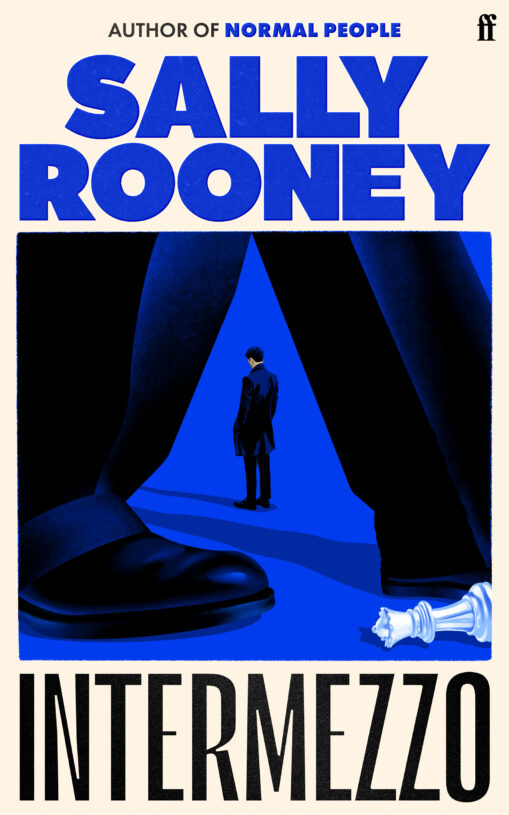 Sally Rooney’s continuing preoccupation with finding beauty in the world and a way to love others in ways that defy convention drives her fourth novel, Intermezzo (Faber, 12/24), and shows her style evolving in distinctive, compelling directions, though it is somewhat disappointing to see her retreat entirely into heterosexual romance narrative after the queer possibilities explored in her earlier work. Yves Rees combines deep historical research with great storytelling in a fascinating account of Australian women drawn to the United States in the early twentieth century by the promise of freedom to pursue their passions in Travelling to Tomorrow: The modern women who sparked Australia’s romance with America (NewSouth, 9/24). Stephanie McCarter’s new feminist translation of Ovid’s Metamorphoses (Penguin Classics) shows why this weird, brilliant, unclassifiable work of ancient literature still matters. McCarter does not shy away from the violence and abuse of power glossed over in traditional versions: Zeus doesn’t ‘ravish’ women, he rapes them, and Ovid’s telling of these stories is anything but straightforward.
Sally Rooney’s continuing preoccupation with finding beauty in the world and a way to love others in ways that defy convention drives her fourth novel, Intermezzo (Faber, 12/24), and shows her style evolving in distinctive, compelling directions, though it is somewhat disappointing to see her retreat entirely into heterosexual romance narrative after the queer possibilities explored in her earlier work. Yves Rees combines deep historical research with great storytelling in a fascinating account of Australian women drawn to the United States in the early twentieth century by the promise of freedom to pursue their passions in Travelling to Tomorrow: The modern women who sparked Australia’s romance with America (NewSouth, 9/24). Stephanie McCarter’s new feminist translation of Ovid’s Metamorphoses (Penguin Classics) shows why this weird, brilliant, unclassifiable work of ancient literature still matters. McCarter does not shy away from the violence and abuse of power glossed over in traditional versions: Zeus doesn’t ‘ravish’ women, he rapes them, and Ovid’s telling of these stories is anything but straightforward.
Scott Stephens
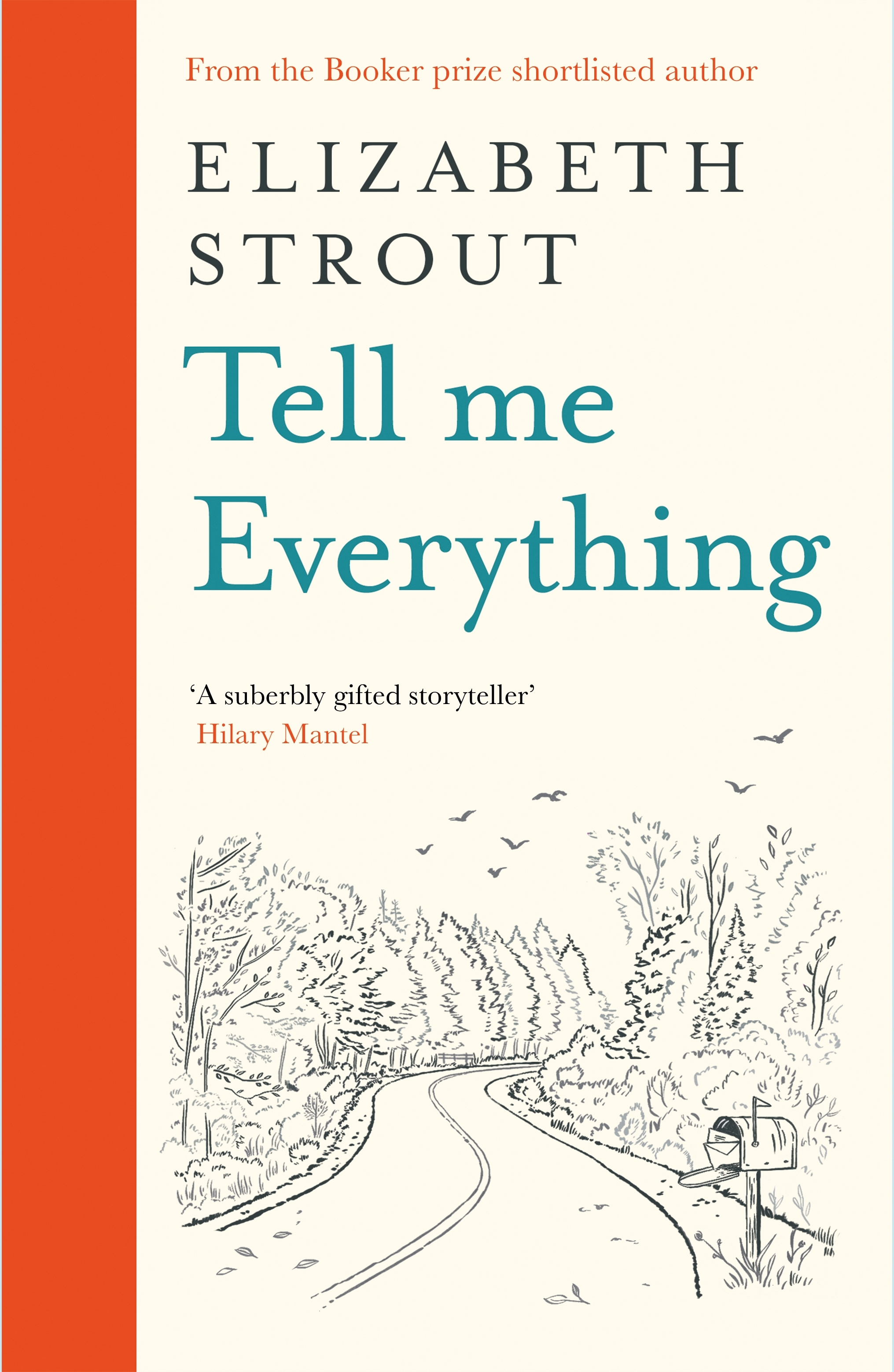 ‘I shall not lament / the human, not yet.’ These lines from Dorianne Laux’s most recent collection of poetry, Life on Earth: Poems (W.W. Norton), capture the sentiment that seemed to seek me out in the books I most prized this year. In each instance, they touched on the importance of cultivating a certain tenderness towards what is peculiarly human at a time when callousness, automation, and philistinism are ascendant. In her poems, Laux reminds us of the way words can provide warmth, not just ‘content’ – and why they require our care. Elizabeth Strout does something similar for conversation in her miraculous novel Tell Me Everything (Viking): her unforgettable characters show how the space in between us is fecund and full of grace, capable at any instant of bursting into new life. And Kyle Chayka, in his extraordinary Filterworld: How algorithms flattened culture (Heligo), demonstrates what human beings lose when we cede aesthetic judgement to machine learning – namely, taste’s moral capacity to respond to value. It is no exaggeration to say that these books preserved something inestimably precious, without which our sense of humanity would have been diminished.
‘I shall not lament / the human, not yet.’ These lines from Dorianne Laux’s most recent collection of poetry, Life on Earth: Poems (W.W. Norton), capture the sentiment that seemed to seek me out in the books I most prized this year. In each instance, they touched on the importance of cultivating a certain tenderness towards what is peculiarly human at a time when callousness, automation, and philistinism are ascendant. In her poems, Laux reminds us of the way words can provide warmth, not just ‘content’ – and why they require our care. Elizabeth Strout does something similar for conversation in her miraculous novel Tell Me Everything (Viking): her unforgettable characters show how the space in between us is fecund and full of grace, capable at any instant of bursting into new life. And Kyle Chayka, in his extraordinary Filterworld: How algorithms flattened culture (Heligo), demonstrates what human beings lose when we cede aesthetic judgement to machine learning – namely, taste’s moral capacity to respond to value. It is no exaggeration to say that these books preserved something inestimably precious, without which our sense of humanity would have been diminished.
Frank Bongiorno
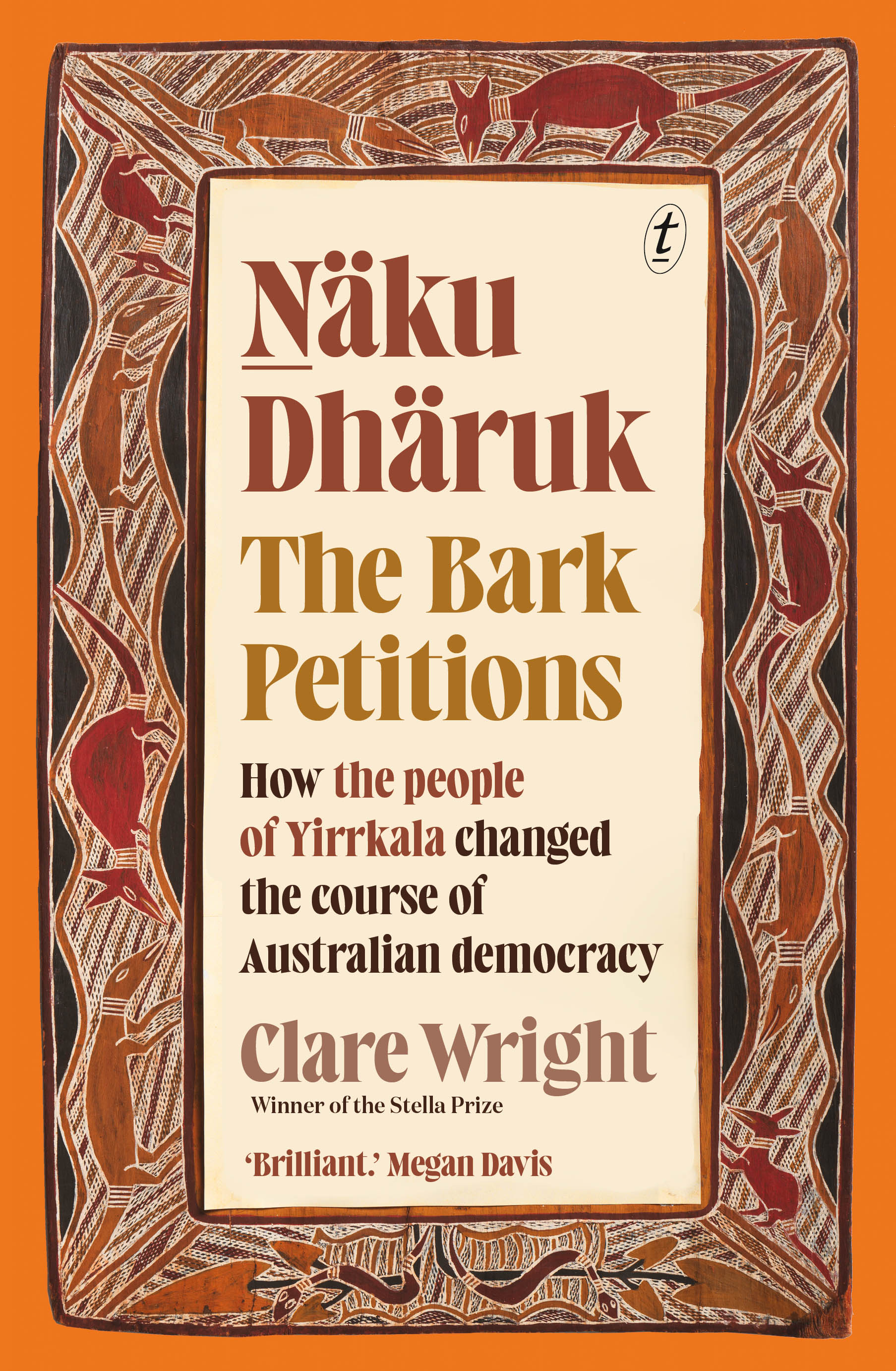 We need political creativity more than ever, and my two picks find telling examples in 1960s Australia. Clare Wright’s Näku Dhäruk: The Bark Petitions: How the people of Yirrkala changed the course of Australian democracy (Text) seems to me one of the outstanding works of Australian historical writing – one intended for a wide audience – so far this century. The third of Wright’s ‘Democracy’ trilogy, it is by far the most experimental of these books in its structure, language, and sources, a formidably original contribution to the country’s historical literature, and a timely political intervention in its own right. Iain McCalman’s Josh Büsst: Bohemian artist and saviour of reef and rainforest (NewSouth, 6/24) is an engaging story from a master historian and storyteller about a man with a gift for pushing on partly open doors. It is a timely reminder that environmental protection, including of the Great Barrier Reef, is more urgent than ever.
We need political creativity more than ever, and my two picks find telling examples in 1960s Australia. Clare Wright’s Näku Dhäruk: The Bark Petitions: How the people of Yirrkala changed the course of Australian democracy (Text) seems to me one of the outstanding works of Australian historical writing – one intended for a wide audience – so far this century. The third of Wright’s ‘Democracy’ trilogy, it is by far the most experimental of these books in its structure, language, and sources, a formidably original contribution to the country’s historical literature, and a timely political intervention in its own right. Iain McCalman’s Josh Büsst: Bohemian artist and saviour of reef and rainforest (NewSouth, 6/24) is an engaging story from a master historian and storyteller about a man with a gift for pushing on partly open doors. It is a timely reminder that environmental protection, including of the Great Barrier Reef, is more urgent than ever.
Julie Janson
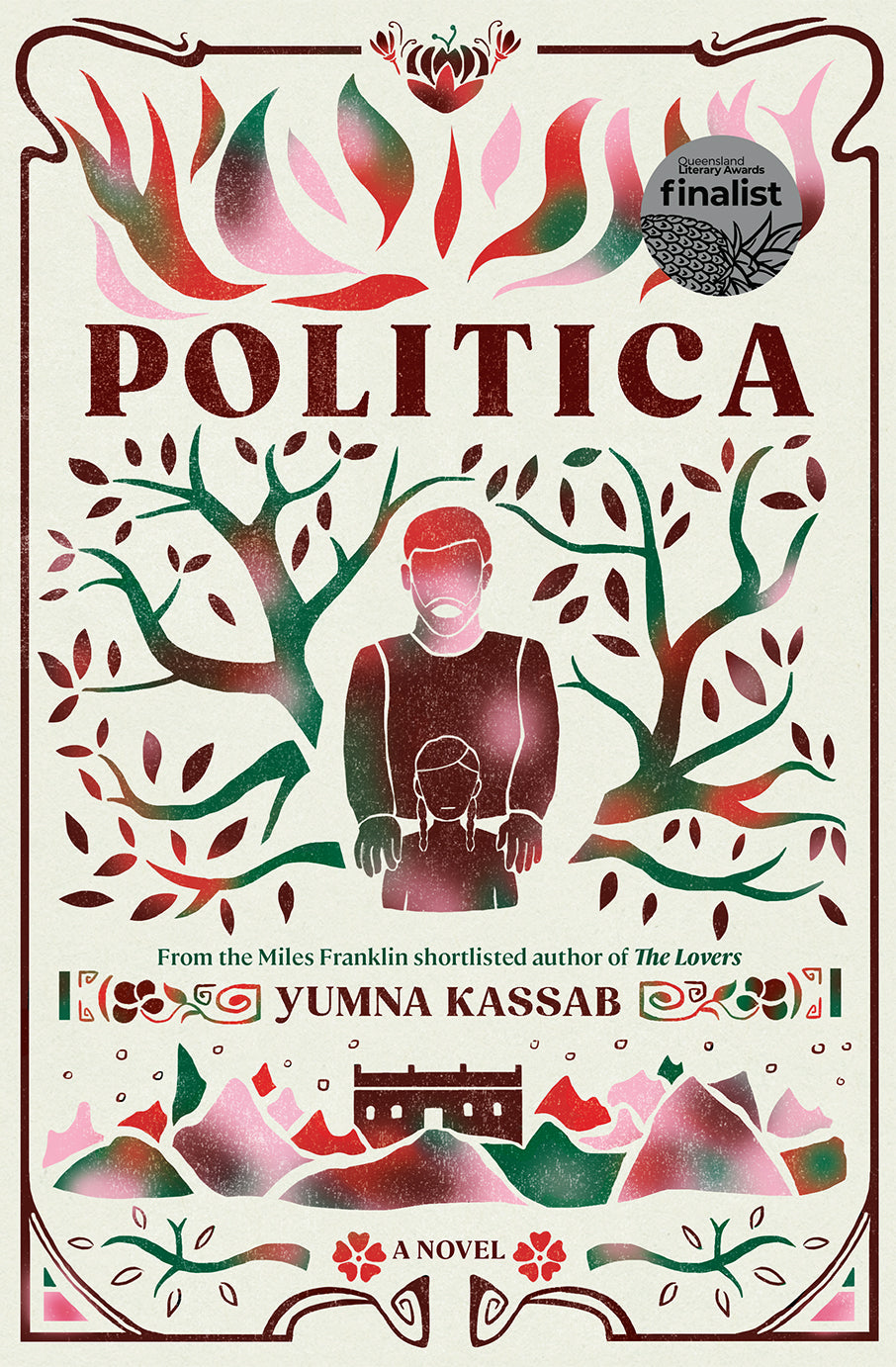 Having read some unique novels and brilliant non-fiction this year, my choices are all Australian female authors. Yumna Kassab’s startling, beautiful novel Politica (Ultimo) is a non-linear narrative that explores human and political conflict from an Australian city to an unnamed Middle Eastern land. Lives intertwine and human suffering in wartime is unbearable but extraordinarily poetic. Winnie Dunn’s Dirt Poor Islanders (Hachette), a début novel by a young Western suburbs Islander, is magnificent in its modest and often hilarious depiction of growing up poor surrounded by other Islanders. Cassandra Pybus’s A Very Secret Trade: The dark story of gentlemen collectors in Tasmania (Allen & Unwin) reveals ethical insights into a hideous clandestine trade in Indigenous human remains. Shankari Chandren’s Safe Haven (Ultimo), about trauma and Orwellian authorities controlling refugees, is uplifting despite the geopolitical turmoil.
Having read some unique novels and brilliant non-fiction this year, my choices are all Australian female authors. Yumna Kassab’s startling, beautiful novel Politica (Ultimo) is a non-linear narrative that explores human and political conflict from an Australian city to an unnamed Middle Eastern land. Lives intertwine and human suffering in wartime is unbearable but extraordinarily poetic. Winnie Dunn’s Dirt Poor Islanders (Hachette), a début novel by a young Western suburbs Islander, is magnificent in its modest and often hilarious depiction of growing up poor surrounded by other Islanders. Cassandra Pybus’s A Very Secret Trade: The dark story of gentlemen collectors in Tasmania (Allen & Unwin) reveals ethical insights into a hideous clandestine trade in Indigenous human remains. Shankari Chandren’s Safe Haven (Ultimo), about trauma and Orwellian authorities controlling refugees, is uplifting despite the geopolitical turmoil.
Robyn Arianrhod
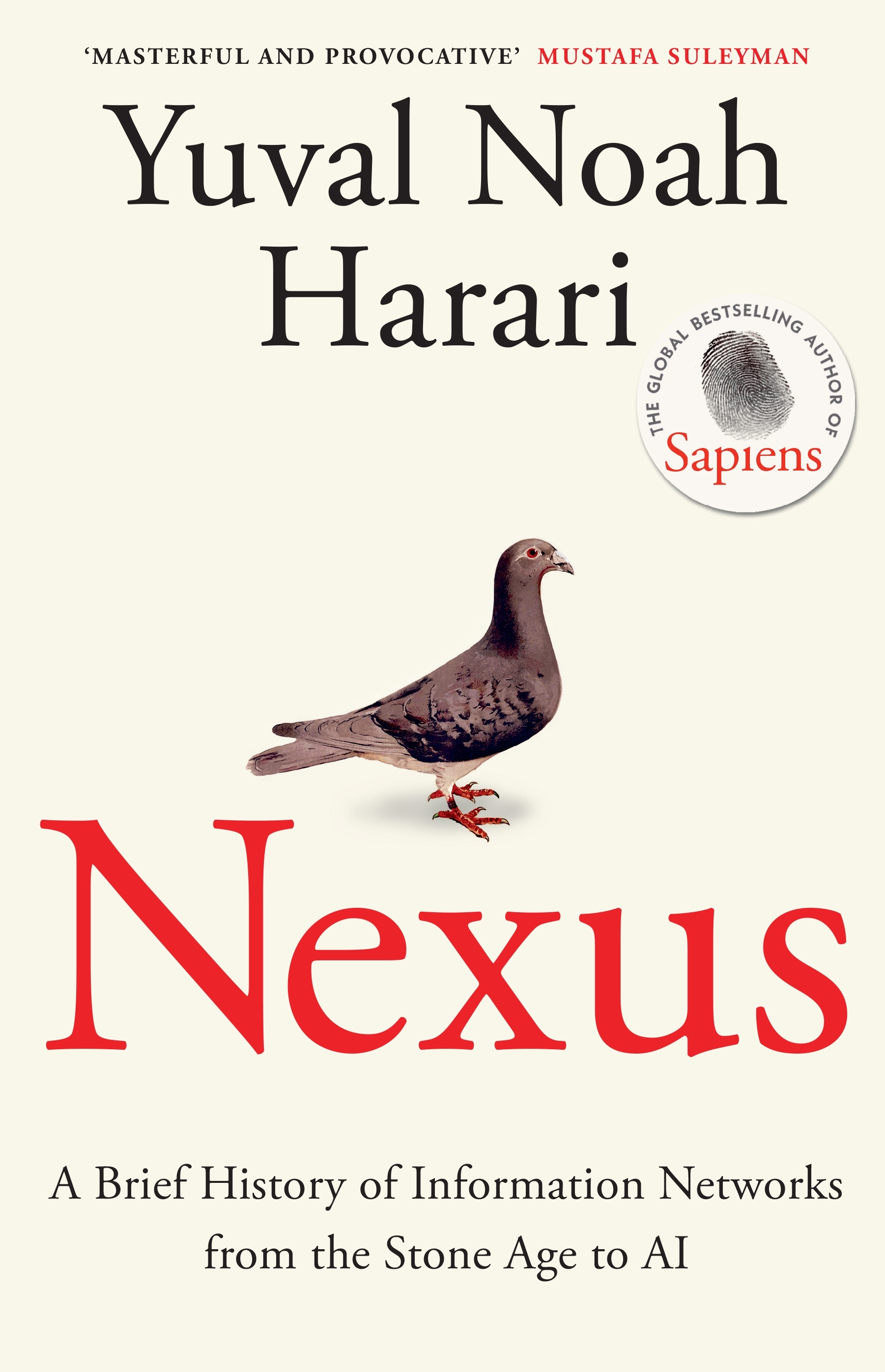 Quantum mechanics mystifies most of us, but I was intrigued to learn – in Quantum Drama: From the Bohr-Einstein debate to the riddle of entanglement by Jim Baggott and John L. Heilbron (OUP, 5/24) – just how much it had baffled its creators, too, so much so that some of them turned to suicide, drink, or psychiatry (Carl Jung was a favourite), while others turned to communism, Nazism, or 1960s countercultural mysticism. The authors interviewed some of the quantum pioneers, and their book offers a fascinating peek behind the scenes as a century’s worth of arguments about the bizarreness of quantum theory are passionately debated and tested. Then there is Yuval Noah Harari’s blockbuster Nexus: A brief history of information networks from the Stone Age to AI (Fern Press, 11/24), which accessibly explores the social impact of information networks throughout history, in the hope of preparing us to handle the AI revolution more wisely.
Quantum mechanics mystifies most of us, but I was intrigued to learn – in Quantum Drama: From the Bohr-Einstein debate to the riddle of entanglement by Jim Baggott and John L. Heilbron (OUP, 5/24) – just how much it had baffled its creators, too, so much so that some of them turned to suicide, drink, or psychiatry (Carl Jung was a favourite), while others turned to communism, Nazism, or 1960s countercultural mysticism. The authors interviewed some of the quantum pioneers, and their book offers a fascinating peek behind the scenes as a century’s worth of arguments about the bizarreness of quantum theory are passionately debated and tested. Then there is Yuval Noah Harari’s blockbuster Nexus: A brief history of information networks from the Stone Age to AI (Fern Press, 11/24), which accessibly explores the social impact of information networks throughout history, in the hope of preparing us to handle the AI revolution more wisely.
Felicity Plunkett
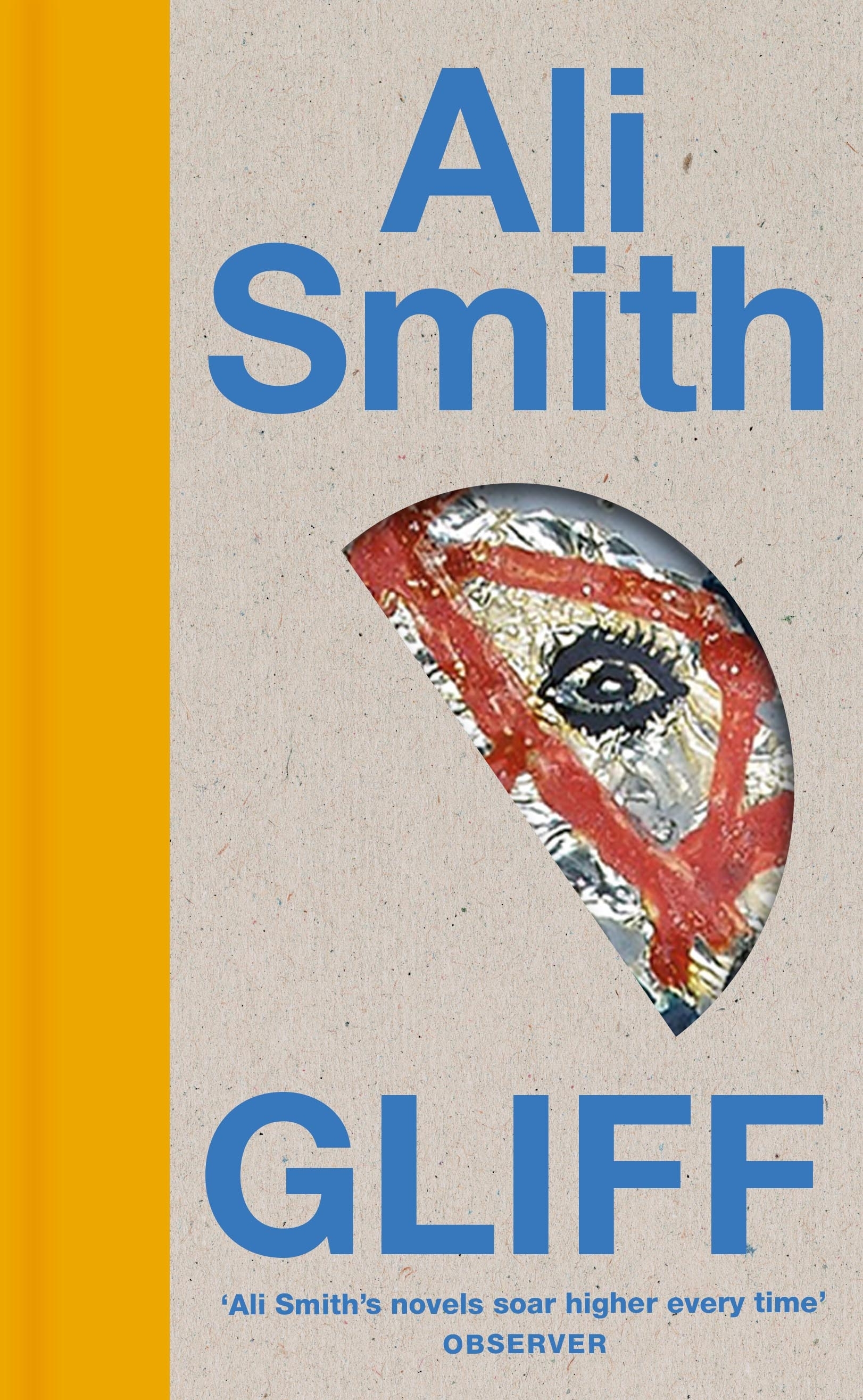 Ali Smith’s bravura novel Gliff (Hamish Hamilton) is the first of a pair. Without looking away from humanity’s violence, it insists on each person’s power. Amid the brutalising machinery of a near-future world, two siblings move towards freedom. With Smith’s signature wordplay and generous allusiveness, Gliff is an exhilarating, feral work. ‘A poem can’t begin without its key,’ writes Rowan Ricardo Phillips in ‘Étude No. 5’. The line with its shimmer of connotations weaves through the poem the way the idea of poetry moves through Silver (Faber). In Phillips’s fourth collection, poetry is ‘older than reflex’, ‘part physics, part faith, part void’. The ‘triumph of song’ is its witness of knowing ‘this thing hasn’t / Quite killed me yet’. Formally and musically virtuosic and pitched towards mystery, Silver reminds us that ‘Life’s just that way sometimes: a short sashay / Under a cloud and then a sprint to the sea.’
Ali Smith’s bravura novel Gliff (Hamish Hamilton) is the first of a pair. Without looking away from humanity’s violence, it insists on each person’s power. Amid the brutalising machinery of a near-future world, two siblings move towards freedom. With Smith’s signature wordplay and generous allusiveness, Gliff is an exhilarating, feral work. ‘A poem can’t begin without its key,’ writes Rowan Ricardo Phillips in ‘Étude No. 5’. The line with its shimmer of connotations weaves through the poem the way the idea of poetry moves through Silver (Faber). In Phillips’s fourth collection, poetry is ‘older than reflex’, ‘part physics, part faith, part void’. The ‘triumph of song’ is its witness of knowing ‘this thing hasn’t / Quite killed me yet’. Formally and musically virtuosic and pitched towards mystery, Silver reminds us that ‘Life’s just that way sometimes: a short sashay / Under a cloud and then a sprint to the sea.’
Peter McPhee
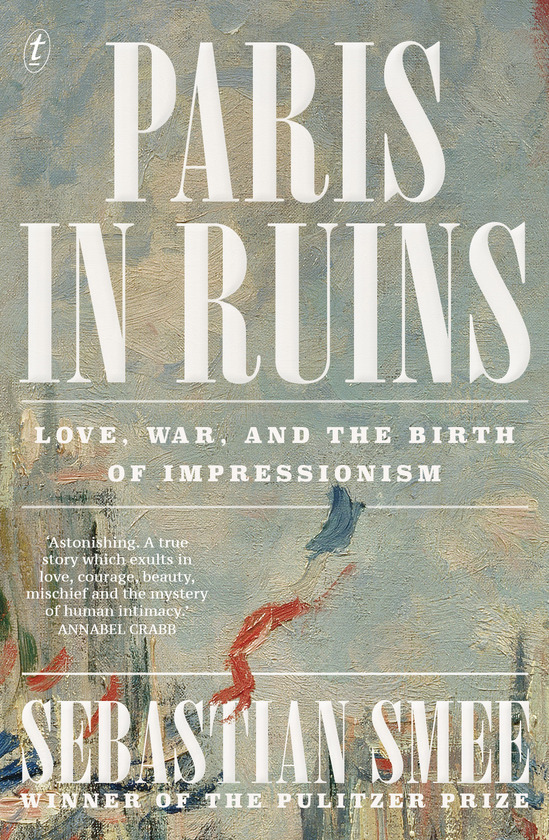 In Paris in Ruins: Love, war, and the birth of Impressionism (Text, 10/24), the Australian-educated Washington Post art critic Sebastian Smee focuses on the année terrible of 1870-71 in Paris and the explosive mix of war, revolution, and artistic brilliance which generated the first Impressionist salon in 1874. Another expatriate, Roman Krznaric, looks at the lessons of the past in an innovative way in History for Tomorrow: Inspiration from the past for the future of humanity (W.H. Allen), identifying inspiring examples of community action across the past millennium as options for tackling the wicked problems of our own times. Closer to home, with Travelling to Tomorrow: The modern women who sparked Australia’s romance with America, Yves Rees has given us captivating life stories of ten bold Australian women who set off in the early twentieth century for the United States and ‘modernity’.
In Paris in Ruins: Love, war, and the birth of Impressionism (Text, 10/24), the Australian-educated Washington Post art critic Sebastian Smee focuses on the année terrible of 1870-71 in Paris and the explosive mix of war, revolution, and artistic brilliance which generated the first Impressionist salon in 1874. Another expatriate, Roman Krznaric, looks at the lessons of the past in an innovative way in History for Tomorrow: Inspiration from the past for the future of humanity (W.H. Allen), identifying inspiring examples of community action across the past millennium as options for tackling the wicked problems of our own times. Closer to home, with Travelling to Tomorrow: The modern women who sparked Australia’s romance with America, Yves Rees has given us captivating life stories of ten bold Australian women who set off in the early twentieth century for the United States and ‘modernity’.
David McCooey
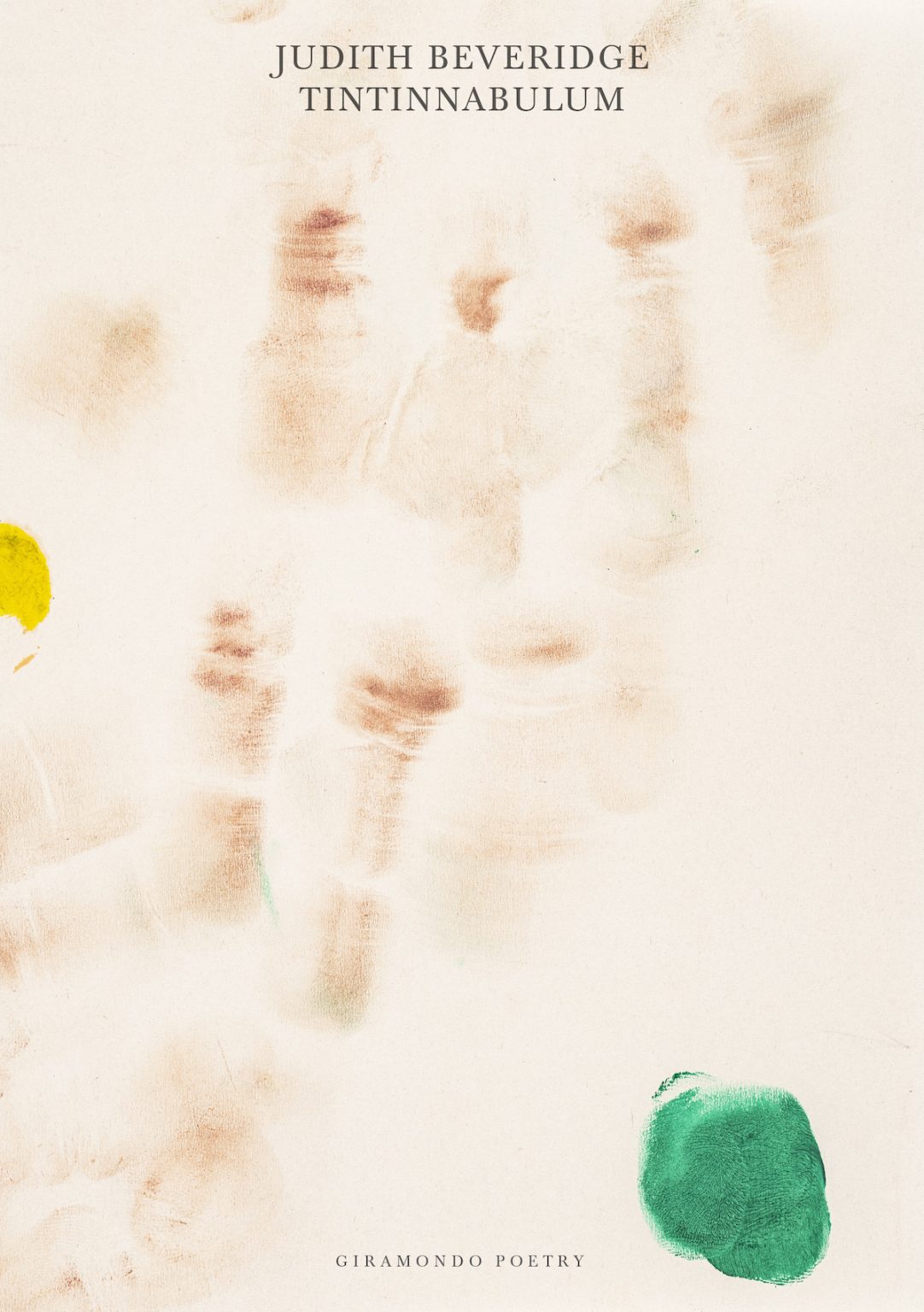 It is hard to believe that Andrew Ford’s The Shortest History of Music (Black Inc., 8/24) is the work of one person, given its extraordinary temporal and geographical reach. Offering a thematic history of that most potent of art forms, it is a jewel of a book. Less brief, though no less brilliant, is The Penguin Book of Elegy (Penguin Classics, 5/24), edited by Andrew Motion and Stephen Regan. Bringing together the elegiac tradition in one superb volume, this anthology of ‘poems of memory, mourning and consolation’ is essential for anyone interested in poetry and its history. Meanwhile, the poetry collections that moved me most this year were Judith Beveridge’s Tintinnabulum (Giramondo, 8/24), a superb addition to a dazzling oeuvre, and The Empty Grandstand (Upswell), a stunning début collection of poems by the leading New Zealand writer Lloyd Jones. Jones’s poem ‘High Anxiety’, about the ascension of the latest King Charles, is my favourite poem of the year.
It is hard to believe that Andrew Ford’s The Shortest History of Music (Black Inc., 8/24) is the work of one person, given its extraordinary temporal and geographical reach. Offering a thematic history of that most potent of art forms, it is a jewel of a book. Less brief, though no less brilliant, is The Penguin Book of Elegy (Penguin Classics, 5/24), edited by Andrew Motion and Stephen Regan. Bringing together the elegiac tradition in one superb volume, this anthology of ‘poems of memory, mourning and consolation’ is essential for anyone interested in poetry and its history. Meanwhile, the poetry collections that moved me most this year were Judith Beveridge’s Tintinnabulum (Giramondo, 8/24), a superb addition to a dazzling oeuvre, and The Empty Grandstand (Upswell), a stunning début collection of poems by the leading New Zealand writer Lloyd Jones. Jones’s poem ‘High Anxiety’, about the ascension of the latest King Charles, is my favourite poem of the year.
Diane Stubbings
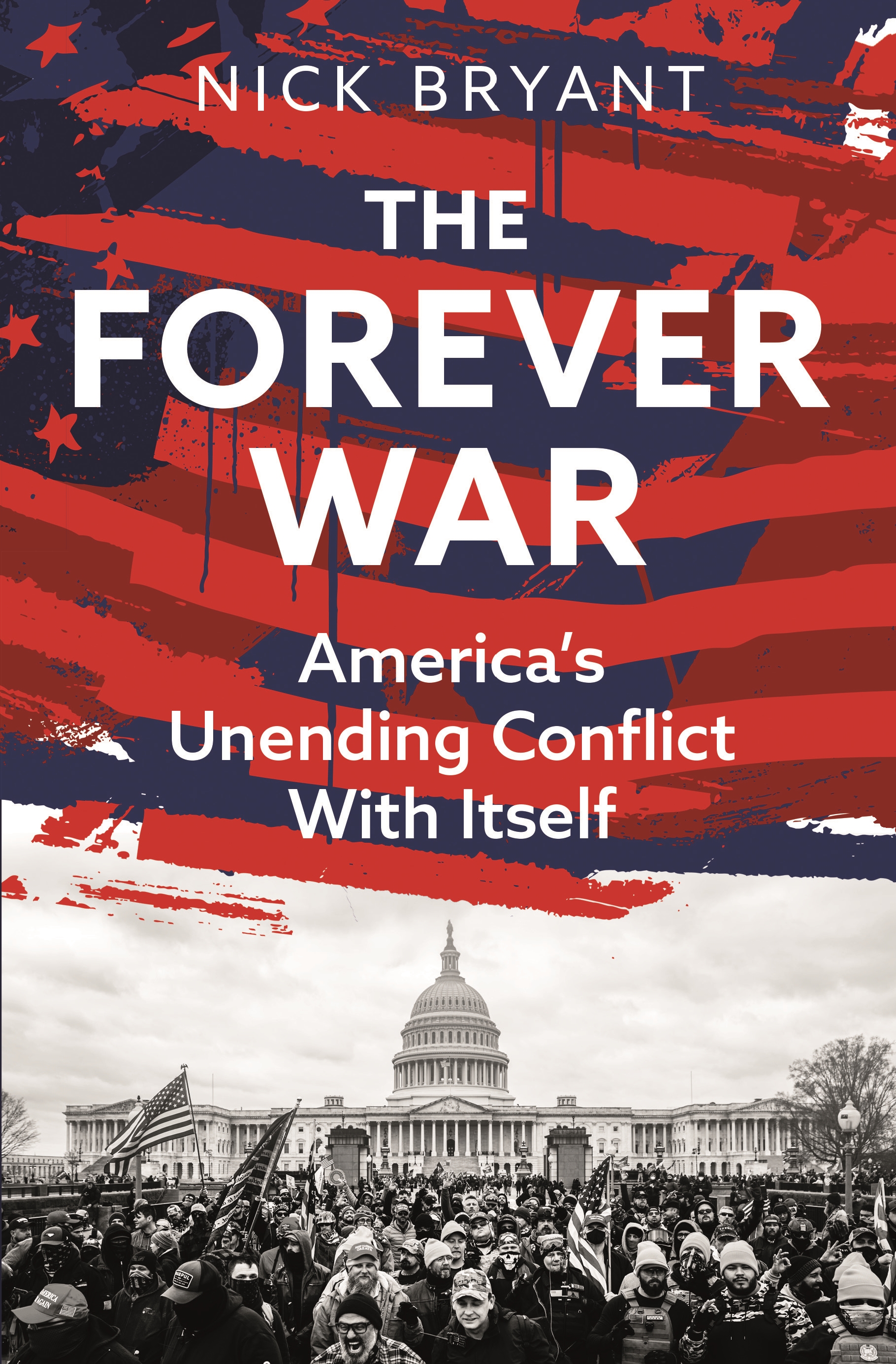 Percival Everett’s James was far and away the highlight of my reading year. Laugh-out-loud funny, provocative, and incredibly moving, it flows alongside Mark Twain’s Huckleberry Finn as though they are two abundant tributaries of the same river. Orbital (Vintage) – winner of the Booker Prize – by Samantha Harvey tracks six astronauts on the International Space Station. Almost religious in its mood and scope, the novel spans twenty-four hours and sixteen orbits, offering a sensuous, richly imagined, and ultimately transcendent study of humanity and the planet that gives it life. Nick Bryant’s eminently readable The Forever Wars: America’s unending conflict with itself (Viking, 7/24) puts present-day American politics in its historical context. Autocracy, Inc.: The dictators who want to run the world (Allen Lane), by journalist Anne Applebaum, has all the page-turning momentum of a thriller, convincingly demonstrating how current-day autocrats – colluding through the dark web and abstruse financial networks – seek power not for its own sake but to establish the kleptocracies which will service their own greed.
Percival Everett’s James was far and away the highlight of my reading year. Laugh-out-loud funny, provocative, and incredibly moving, it flows alongside Mark Twain’s Huckleberry Finn as though they are two abundant tributaries of the same river. Orbital (Vintage) – winner of the Booker Prize – by Samantha Harvey tracks six astronauts on the International Space Station. Almost religious in its mood and scope, the novel spans twenty-four hours and sixteen orbits, offering a sensuous, richly imagined, and ultimately transcendent study of humanity and the planet that gives it life. Nick Bryant’s eminently readable The Forever Wars: America’s unending conflict with itself (Viking, 7/24) puts present-day American politics in its historical context. Autocracy, Inc.: The dictators who want to run the world (Allen Lane), by journalist Anne Applebaum, has all the page-turning momentum of a thriller, convincingly demonstrating how current-day autocrats – colluding through the dark web and abstruse financial networks – seek power not for its own sake but to establish the kleptocracies which will service their own greed.
John Kinsella
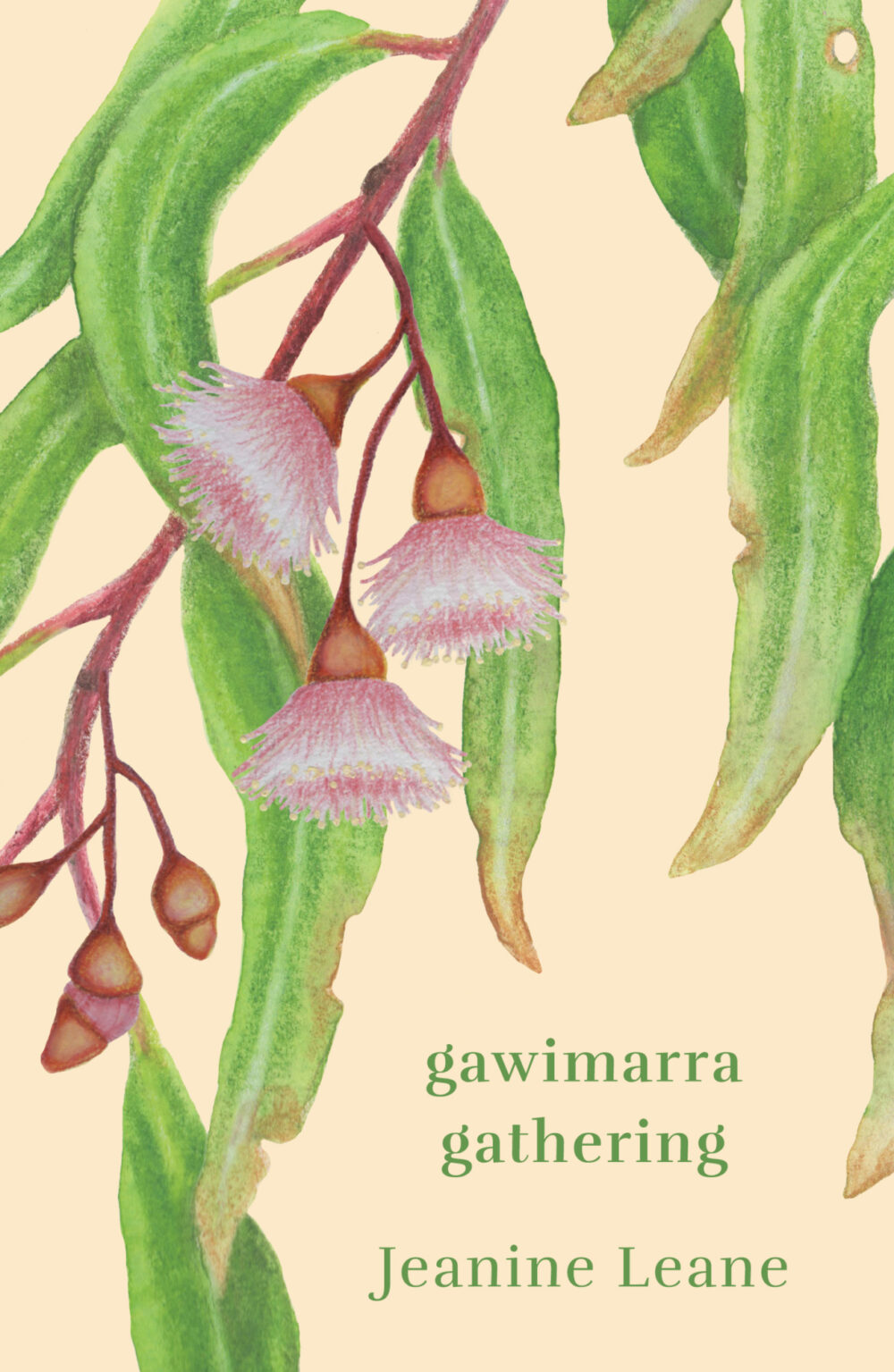 Gawimarra: Gathering (UQP) by Jeanine Leane contains poems full of the power of Country, and its call for justice resonates through her powerful voicing. J.H. Prynne’s Poems 2016-2024 (Bloodaxe) is an essential addition to his Poems (third edition, 2015) as he continues to open new paths into liberating the English lyric and contesting global power structures. The range of innovation is fully evident as is his tireless rereading of texts we might take for granted. Camille Ralphs’s After You Were, I Am (Faber) is a vigorous détournement of religious-spiritualised language to contest prejudice and a lack of appreciation of a deeper search for divinity via the English canon, suggesting that the language of prayer and also condemnation can be reconstituted to investigate the ironies of an alienating modernity. And finally, Dennis Haskell’s Who Would Know? (WA Poets Inc) is a vade mecum of different poetic modes, ‘conversational voice’, and formal control.
Gawimarra: Gathering (UQP) by Jeanine Leane contains poems full of the power of Country, and its call for justice resonates through her powerful voicing. J.H. Prynne’s Poems 2016-2024 (Bloodaxe) is an essential addition to his Poems (third edition, 2015) as he continues to open new paths into liberating the English lyric and contesting global power structures. The range of innovation is fully evident as is his tireless rereading of texts we might take for granted. Camille Ralphs’s After You Were, I Am (Faber) is a vigorous détournement of religious-spiritualised language to contest prejudice and a lack of appreciation of a deeper search for divinity via the English canon, suggesting that the language of prayer and also condemnation can be reconstituted to investigate the ironies of an alienating modernity. And finally, Dennis Haskell’s Who Would Know? (WA Poets Inc) is a vade mecum of different poetic modes, ‘conversational voice’, and formal control.
Clinton Fernandes
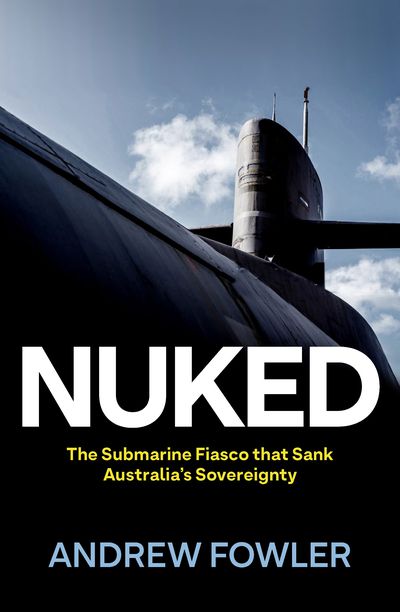 Nuked: The submarine fiasco that sank Australia’s sovereignty by Andrew Fowler (MUP, 8/24) is a behind-the-scenes investigation of how Australia ditched its submarine acquisition deal with France in favour of nuclear-powered US boats. France has territories in the Indian and Pacific Oceans, and a deal with France would have given Australia greater strategic independence. This was anathema to some Australian policy planners, who have coasted in the slipstream of US supremacy since World War II. They were unwilling to countenance Australian strategic independence. Fowler shows that the decision to drop the French and sign up to the AUKUS pact was an Australian initiative, intended to demonstrate Australia’s relevance to the US goal of military supremacy in the region. Projecting force against China and its maritime trade was far more important than defending Australia. Fowler unearths the evidence and names the names. First-rate investigative work.
Nuked: The submarine fiasco that sank Australia’s sovereignty by Andrew Fowler (MUP, 8/24) is a behind-the-scenes investigation of how Australia ditched its submarine acquisition deal with France in favour of nuclear-powered US boats. France has territories in the Indian and Pacific Oceans, and a deal with France would have given Australia greater strategic independence. This was anathema to some Australian policy planners, who have coasted in the slipstream of US supremacy since World War II. They were unwilling to countenance Australian strategic independence. Fowler shows that the decision to drop the French and sign up to the AUKUS pact was an Australian initiative, intended to demonstrate Australia’s relevance to the US goal of military supremacy in the region. Projecting force against China and its maritime trade was far more important than defending Australia. Fowler unearths the evidence and names the names. First-rate investigative work.
Michael Winkler
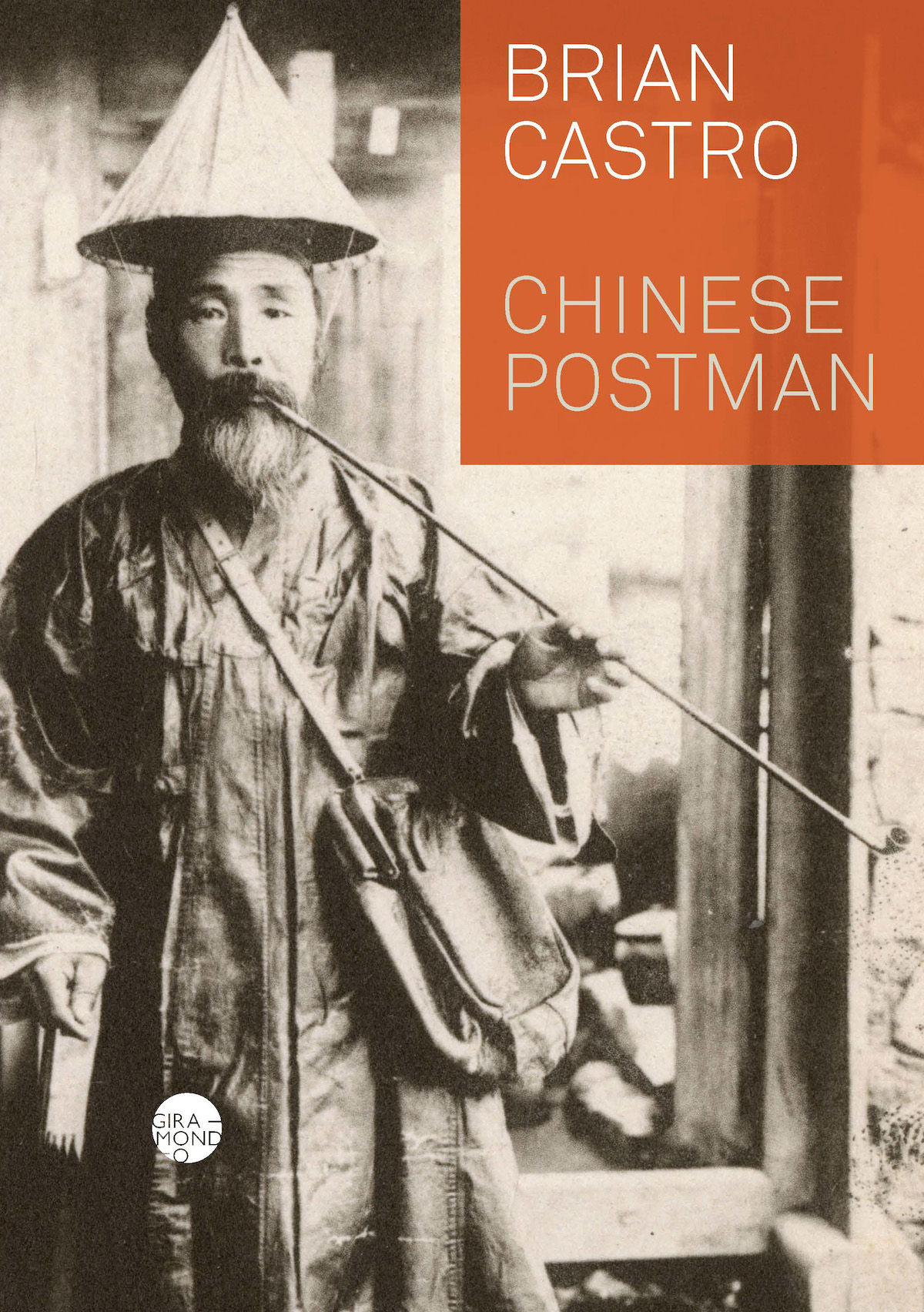 In Theory & Practice (Text, 11/24), Michelle de Kretser’s familiar narrative dexterity and piercing moral sensibility are overlaid on a new schema which threads non-fiction and memoir elements through fiction. The subtle brilliance of the underlying conceit makes this one of her best novels, and probably the bravest. Brian Castro’s Chinese Postman (Giramondo, 10/24) is elegant, eloquent, and intelligent, but gut-punched me so hard I still felt bruised weeks later. A shocking masterwork. I also felt knocked about by Excitable Boy: Essays on risk by Dominic Gordon (Upswell, 9/24). With its wild energy and rare courage, it provides empathy-building insights into the lives of people I habitually walk past without seeing. I was convinced and chilled by the world-building in Inga Simpson’s The Thinning (Hachette). The portrayal of existential peril is powerful, deepened into elegy by her intricate representation of country.
In Theory & Practice (Text, 11/24), Michelle de Kretser’s familiar narrative dexterity and piercing moral sensibility are overlaid on a new schema which threads non-fiction and memoir elements through fiction. The subtle brilliance of the underlying conceit makes this one of her best novels, and probably the bravest. Brian Castro’s Chinese Postman (Giramondo, 10/24) is elegant, eloquent, and intelligent, but gut-punched me so hard I still felt bruised weeks later. A shocking masterwork. I also felt knocked about by Excitable Boy: Essays on risk by Dominic Gordon (Upswell, 9/24). With its wild energy and rare courage, it provides empathy-building insights into the lives of people I habitually walk past without seeing. I was convinced and chilled by the world-building in Inga Simpson’s The Thinning (Hachette). The portrayal of existential peril is powerful, deepened into elegy by her intricate representation of country.
Shannon Burns
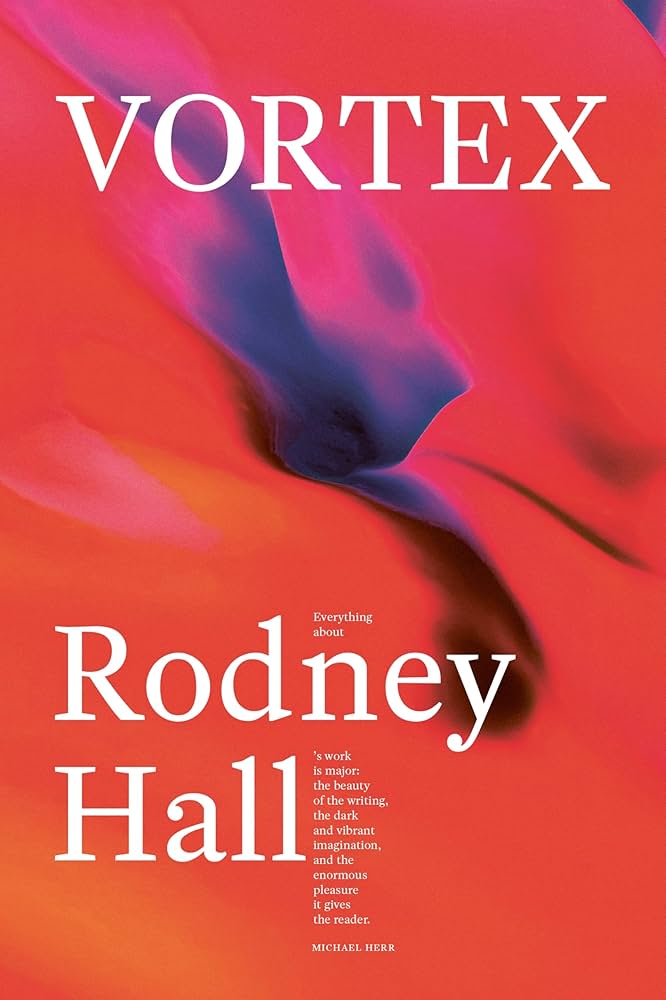 It was a year of fiction for me. Rodney Hall’s Vortex (Picador, 9/24) is sprawling, exquisite, intelligent, and wholly assured. Playfully alert to the rich and surprising textures that can be discovered in any slice of history, it is a novel that delights in delighting us. Brian Castro’s Chinese Postman is an immersive literary game and an earnest engagement with human suffering. I have always loved Castro’s fiction, so the best praise I can offer is: it is as good as expected. Intermezzo, my first Sally Rooney, made me a quick convert. Rooney sketches tricky human relationships with a sharp but compassionate eye. It is the most emotionally involving novel I read this year. In Genberg’s The Details (Wildfire) is a self-portrait drawn in reverse: the narrator displays her own personality by observing others. Written with matter-of-fact precision, it shows an appealing appreciation for complex formative experiences.
It was a year of fiction for me. Rodney Hall’s Vortex (Picador, 9/24) is sprawling, exquisite, intelligent, and wholly assured. Playfully alert to the rich and surprising textures that can be discovered in any slice of history, it is a novel that delights in delighting us. Brian Castro’s Chinese Postman is an immersive literary game and an earnest engagement with human suffering. I have always loved Castro’s fiction, so the best praise I can offer is: it is as good as expected. Intermezzo, my first Sally Rooney, made me a quick convert. Rooney sketches tricky human relationships with a sharp but compassionate eye. It is the most emotionally involving novel I read this year. In Genberg’s The Details (Wildfire) is a self-portrait drawn in reverse: the narrator displays her own personality by observing others. Written with matter-of-fact precision, it shows an appealing appreciation for complex formative experiences.
Marilyn Lake
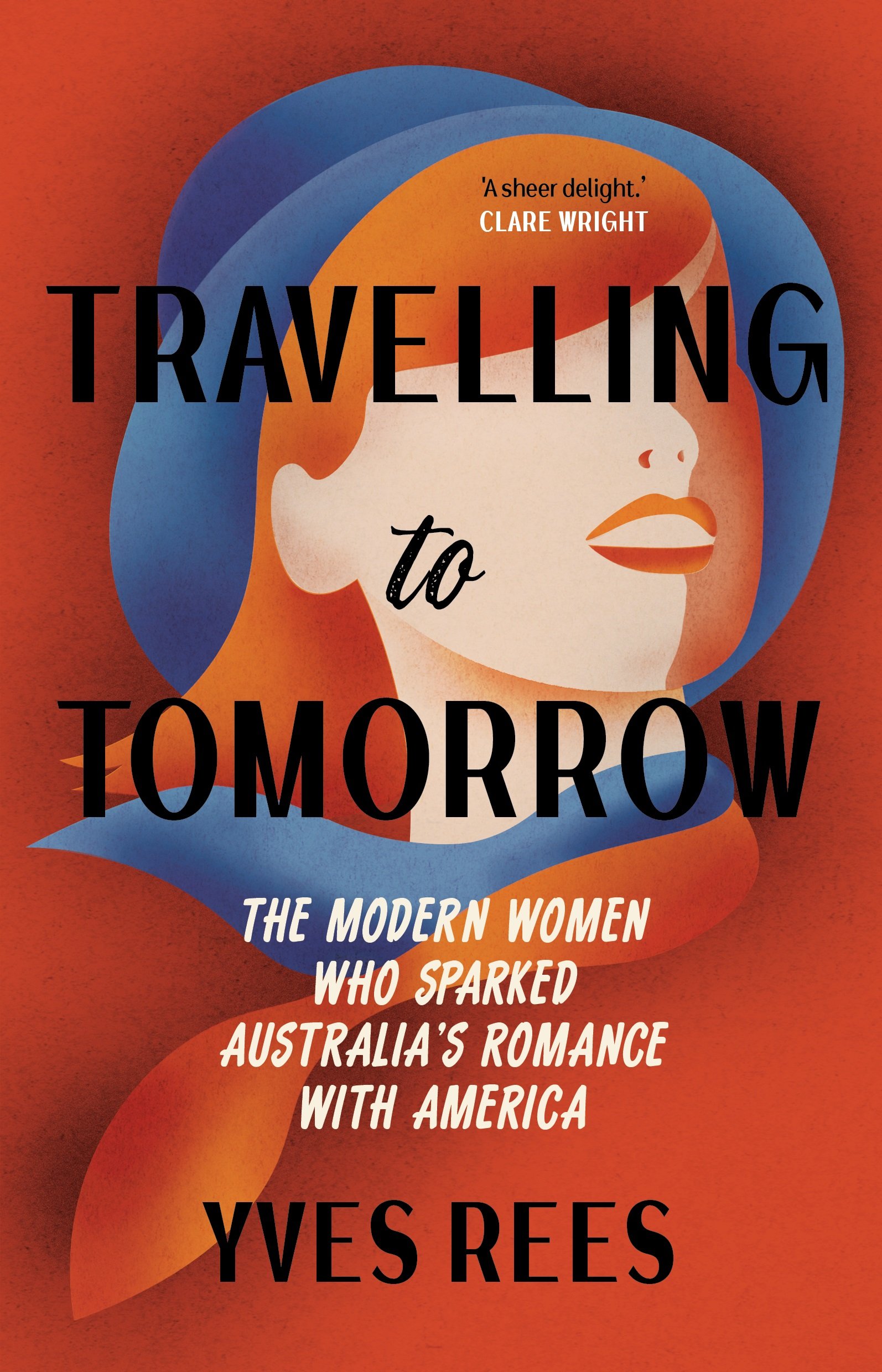 As Australian history engages more fully with its transnational dimensions, the richer becomes our understanding of our past and present. Two books published this year lead us in different directions. In Travelling to Tomorrow: The modern women who sparked Australia’s romance with America, Yves Rees takes us on a journey away from Australia as they detail the experiences of ten young white women who sailed to the United States looking for work and life opportunities unavailable within the confines of progressive post-suffrage Australia. In Nuked: The submarine fiasco that sank Australia’s sovereignty, Andrew Fowler focuses on American exploitation of Australian geopolitical anxieties as he documents Scott Morrison’s efforts to sign us up to the costly AUKUS agreement to combat an ‘assertive’ China, all the while locking us into military dependency on our powerful and war-mongering Anglo ally. Australia’s transnational connections shaped the personal possibilities of the past even as they frame our fraught geopolitical future.
As Australian history engages more fully with its transnational dimensions, the richer becomes our understanding of our past and present. Two books published this year lead us in different directions. In Travelling to Tomorrow: The modern women who sparked Australia’s romance with America, Yves Rees takes us on a journey away from Australia as they detail the experiences of ten young white women who sailed to the United States looking for work and life opportunities unavailable within the confines of progressive post-suffrage Australia. In Nuked: The submarine fiasco that sank Australia’s sovereignty, Andrew Fowler focuses on American exploitation of Australian geopolitical anxieties as he documents Scott Morrison’s efforts to sign us up to the costly AUKUS agreement to combat an ‘assertive’ China, all the while locking us into military dependency on our powerful and war-mongering Anglo ally. Australia’s transnational connections shaped the personal possibilities of the past even as they frame our fraught geopolitical future.
Patrick Mullins
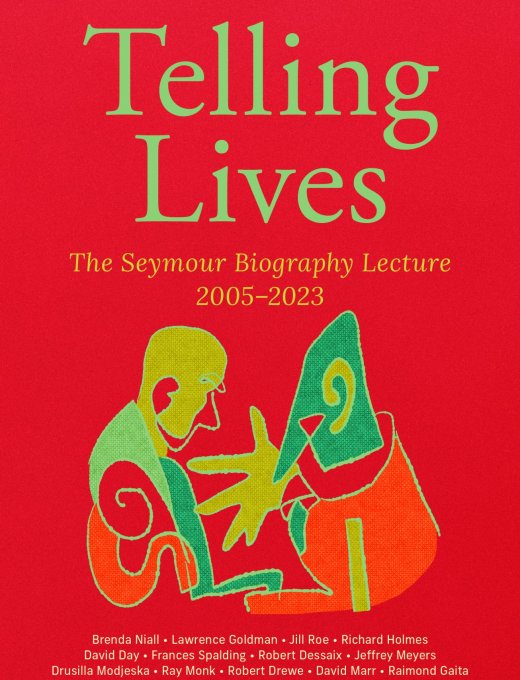 I have taken considerable pleasure this year in reading books that have come from the past, refreshed and relevant. Nick Dyrenfurth and Frank Bongiorno’s updated A Little History of the Labor Party (NewSouth) is a shrewd and humorous assessment of Australia’s most resilient political party. It puts the turmoil of the past decade in a new context that does much to explain the current government’s near-existential hesitancy. Fintan O’Toole’s Shakespeare is Hard, But So Is Life (Apollo, 10/24) was written some thirty years ago, but the expanded edition provides a brisk, bracing interrogation of Lear, Hamlet, Macbeth, and Othello. Finally, the regrettable cessation of the Seymour Biography Lecture series was this year ameliorated with Telling Lives: The Seymour Biography Lectures 2005-2023 (NLA Publishing, 10/24). This compilation of the lectures presents rich ideas about how biography may be done and why we read it. If there are to be no more Seymour lectures, Telling Lives is a valuable consolation.
I have taken considerable pleasure this year in reading books that have come from the past, refreshed and relevant. Nick Dyrenfurth and Frank Bongiorno’s updated A Little History of the Labor Party (NewSouth) is a shrewd and humorous assessment of Australia’s most resilient political party. It puts the turmoil of the past decade in a new context that does much to explain the current government’s near-existential hesitancy. Fintan O’Toole’s Shakespeare is Hard, But So Is Life (Apollo, 10/24) was written some thirty years ago, but the expanded edition provides a brisk, bracing interrogation of Lear, Hamlet, Macbeth, and Othello. Finally, the regrettable cessation of the Seymour Biography Lecture series was this year ameliorated with Telling Lives: The Seymour Biography Lectures 2005-2023 (NLA Publishing, 10/24). This compilation of the lectures presents rich ideas about how biography may be done and why we read it. If there are to be no more Seymour lectures, Telling Lives is a valuable consolation.
Frances Wilson
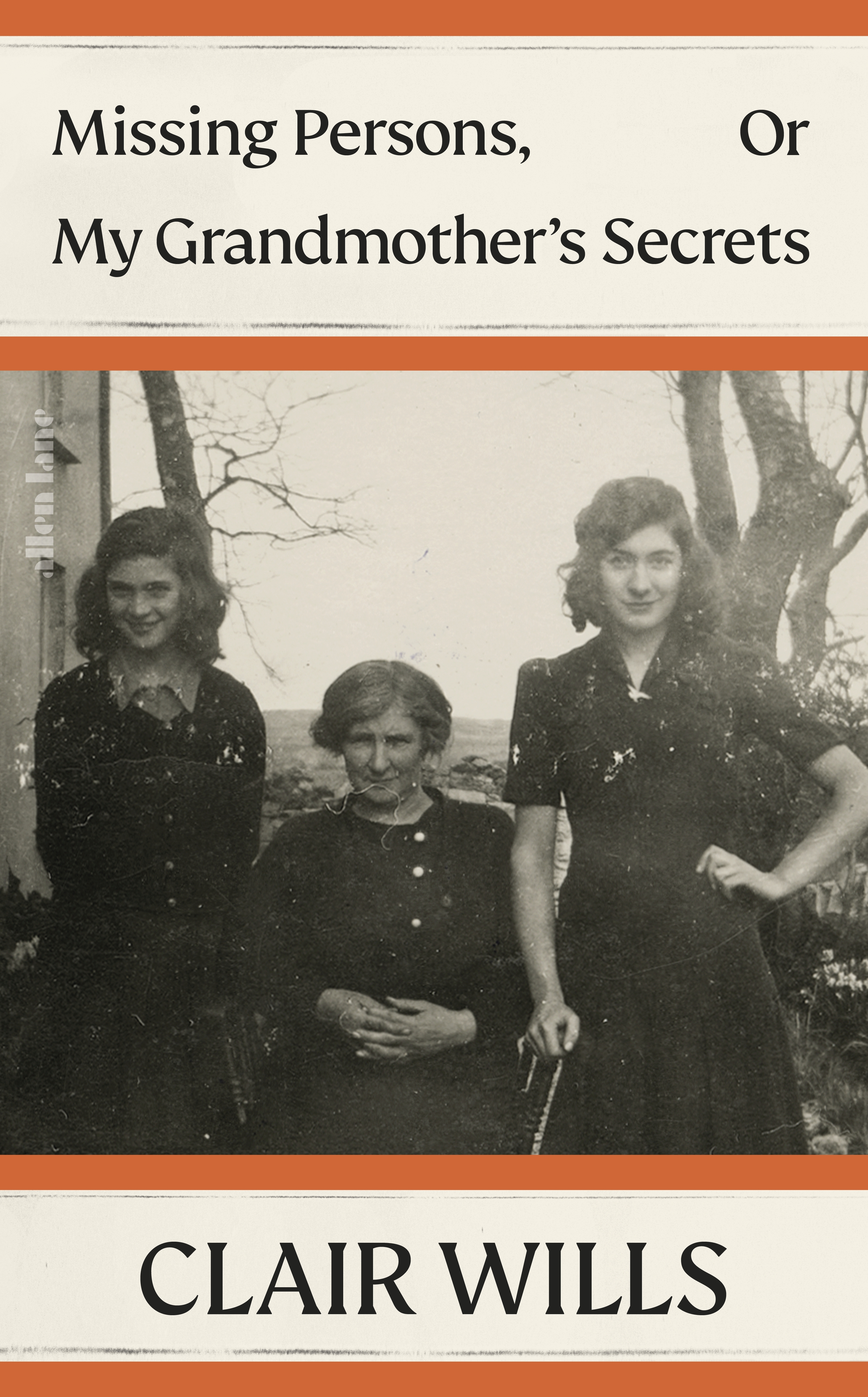 Two of the year’s most striking memoirs double as social histories of Britain and Ireland. In Missing Persons, or My Grandmother’s Secrets (Allen Lane, 5/24), Clair Wills unearths the buried story of her Irish cousin Jackie, whose pregnant girlfriend gave birth to their daughter Mary in one of the country’s infamous Magdalene Laundries, or mother-and-baby homes. Mary, whose existence was kept secret from the rest of the family, was raised in an orphanage and later took her own life. Her family tragedy, Wills brilliantly argues, is also the story of modern Ireland. Tom Lee’s The Bullet: A memoir (Granta) blends an account of the mental collapse he suffered when his first child was born, with a history of Severalls, the mysterious Edwardian psychiatric hospital set in 300 acres on the outskirts of Colchester in Essex, where both of his parents had been patients when Lee was a child. When, Lee asks, does a breakdown really begin?
Two of the year’s most striking memoirs double as social histories of Britain and Ireland. In Missing Persons, or My Grandmother’s Secrets (Allen Lane, 5/24), Clair Wills unearths the buried story of her Irish cousin Jackie, whose pregnant girlfriend gave birth to their daughter Mary in one of the country’s infamous Magdalene Laundries, or mother-and-baby homes. Mary, whose existence was kept secret from the rest of the family, was raised in an orphanage and later took her own life. Her family tragedy, Wills brilliantly argues, is also the story of modern Ireland. Tom Lee’s The Bullet: A memoir (Granta) blends an account of the mental collapse he suffered when his first child was born, with a history of Severalls, the mysterious Edwardian psychiatric hospital set in 300 acres on the outskirts of Colchester in Essex, where both of his parents had been patients when Lee was a child. When, Lee asks, does a breakdown really begin?
Peter Rose
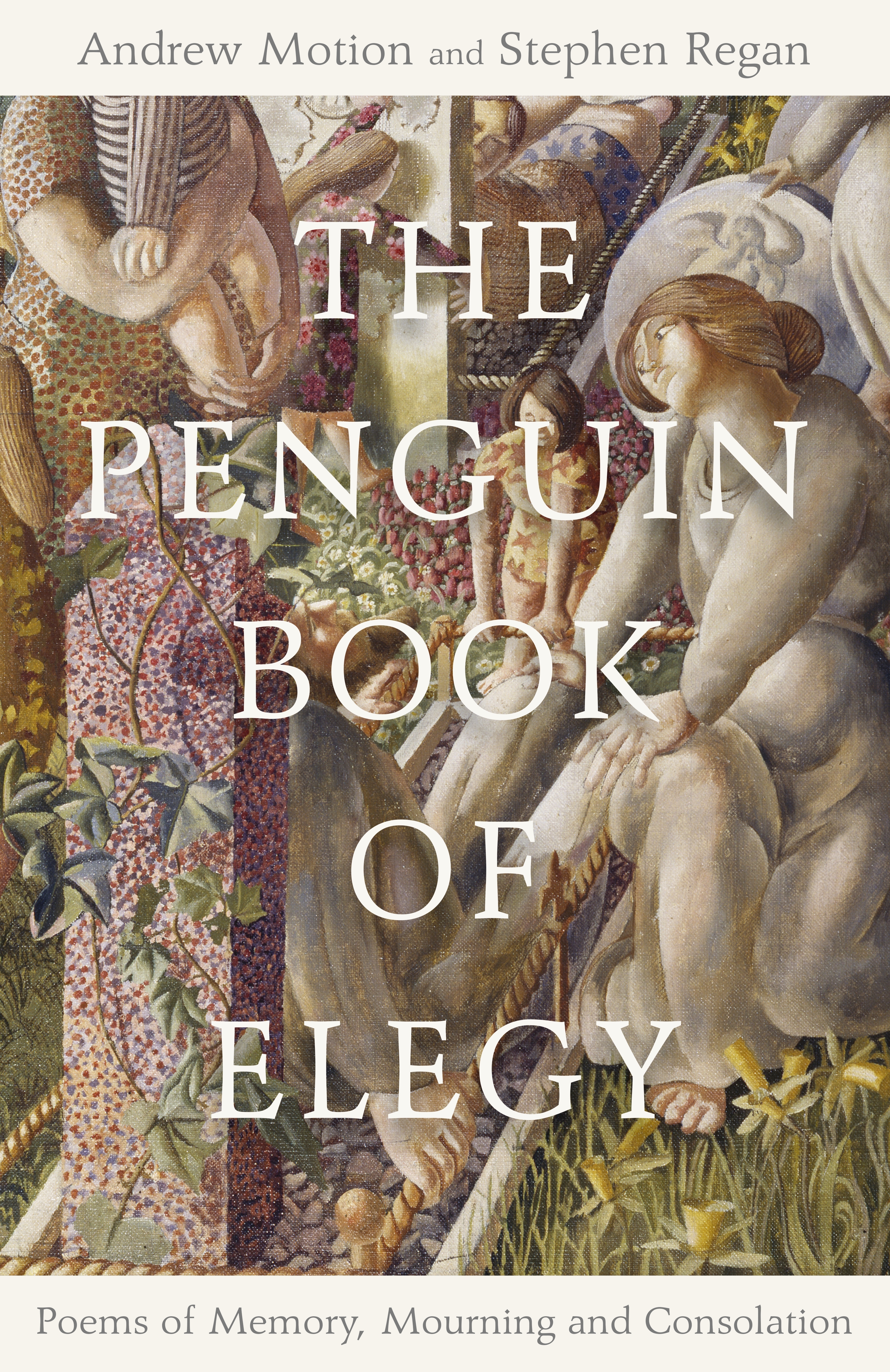 For whatever reason, my fiction reading was mostly devoted to women – with fond returns to Jane Austen and Patricia Highsmith, including her masterpiece, This Sweet Sickness (sadly little known). Then, belatedly, it was on to Barbara Pym for the first time (apologies to Pymians). Deftly, drily, Pym shows what you can do with dashed hopes and church fêtes. Try Jane and Prudence and A Glass of Blessings. Elizabeth Strout’s Tell Me Everything (Viking) sent me back to her first nine novels because of the nuances and the interconnections. Tell Me Everything may not be Strout’s finest novel, but it feels valedictory, with last glimpses, surely, of Olive Kitteridge and Lucy Barton. Sally Rooney’s Intermezzo may be her finest achievement to date, so incisive and empathetic – suspenseful too. How well (just like Highsmith) Rooney does men, that perplexing breed. Poetry lovers should not be without the new Penguin Book of Elegy and The Penguin Book of Ancient Greek and Latin Lyric Verse, edited and (virtuosically) translated by Christopher Childers (11/24).
For whatever reason, my fiction reading was mostly devoted to women – with fond returns to Jane Austen and Patricia Highsmith, including her masterpiece, This Sweet Sickness (sadly little known). Then, belatedly, it was on to Barbara Pym for the first time (apologies to Pymians). Deftly, drily, Pym shows what you can do with dashed hopes and church fêtes. Try Jane and Prudence and A Glass of Blessings. Elizabeth Strout’s Tell Me Everything (Viking) sent me back to her first nine novels because of the nuances and the interconnections. Tell Me Everything may not be Strout’s finest novel, but it feels valedictory, with last glimpses, surely, of Olive Kitteridge and Lucy Barton. Sally Rooney’s Intermezzo may be her finest achievement to date, so incisive and empathetic – suspenseful too. How well (just like Highsmith) Rooney does men, that perplexing breed. Poetry lovers should not be without the new Penguin Book of Elegy and The Penguin Book of Ancient Greek and Latin Lyric Verse, edited and (virtuosically) translated by Christopher Childers (11/24).
Paul Giles
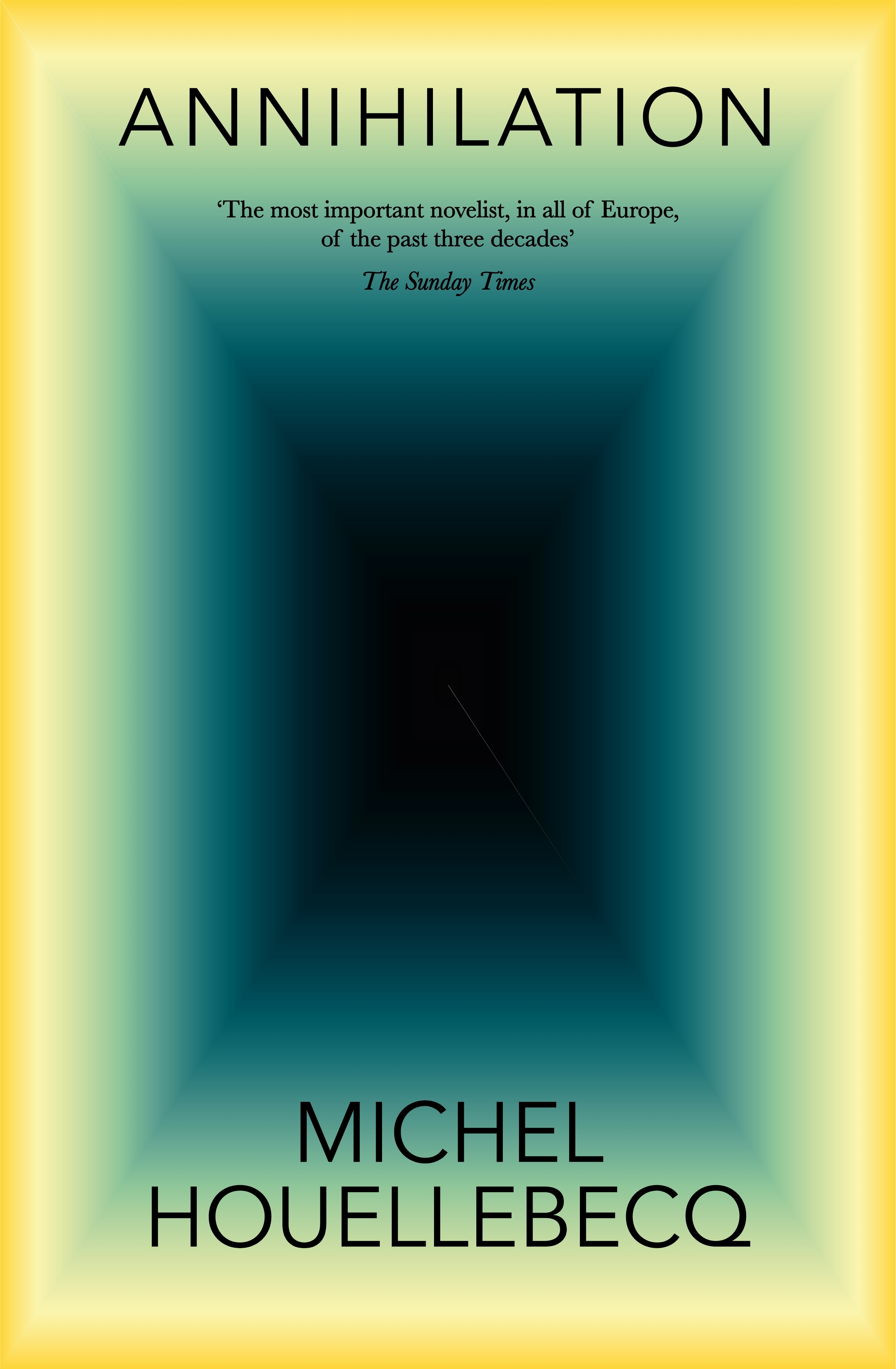 Michel Houellebecq’s Annihilation, published in France in 2022 but in English translation only this year (Picador, 12/24), marks the author’s transition from agent provocateur to major novelist. While suffused with Houellebecq’s characteristically dark and comic posthumanism, Annihilation correlates this with a more extensive range of global culture, extending back through Blaise Pascal and medieval France, while contemplatively setting the digital transformations of the twenty-first century in a larger temporal perspective. In literary criticism, the most interesting work I read was Dana Luciano’s How the Earth Feels: Geological fantasy in the nineteenth-century United States (Duke University Press), which considers how the new science of geology affected American culture in sometimes unexpected ways. Though less ambitious in theoretical scope, Colonial Adventure by Ken Gelder and Rachael Weaver (MUP) brings together a wealth of useful information and critical analysis of neglected and generally undervalued narratives around colonial encounters within Australia before 1900.
Michel Houellebecq’s Annihilation, published in France in 2022 but in English translation only this year (Picador, 12/24), marks the author’s transition from agent provocateur to major novelist. While suffused with Houellebecq’s characteristically dark and comic posthumanism, Annihilation correlates this with a more extensive range of global culture, extending back through Blaise Pascal and medieval France, while contemplatively setting the digital transformations of the twenty-first century in a larger temporal perspective. In literary criticism, the most interesting work I read was Dana Luciano’s How the Earth Feels: Geological fantasy in the nineteenth-century United States (Duke University Press), which considers how the new science of geology affected American culture in sometimes unexpected ways. Though less ambitious in theoretical scope, Colonial Adventure by Ken Gelder and Rachael Weaver (MUP) brings together a wealth of useful information and critical analysis of neglected and generally undervalued narratives around colonial encounters within Australia before 1900.
Tony Hughes-d’Aeth
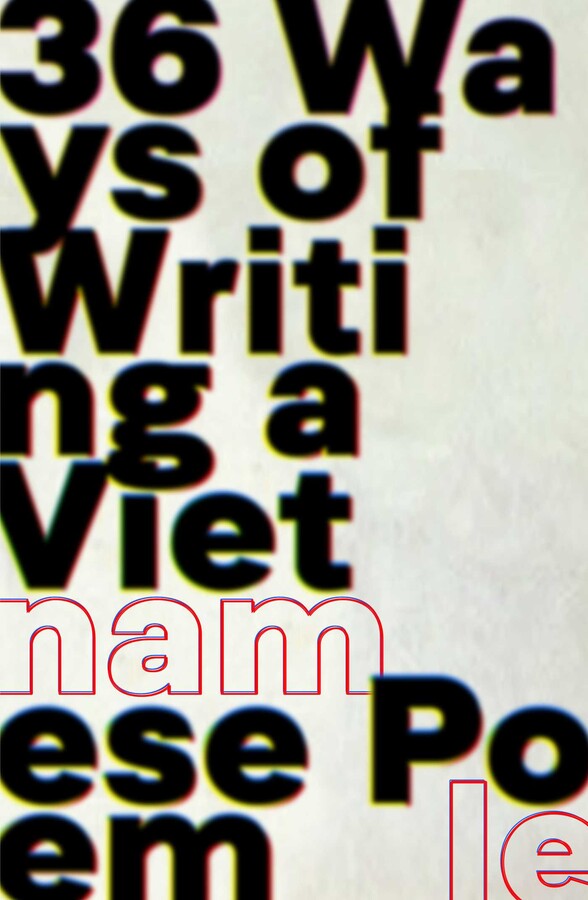 Nam Le does make you wait, but when it arrives all is forgiven. 36 Ways of Writing a Vietnamese Poem (Scribner, 4/24) smoulders and crackles and keeps threatening to burn the house down. It is the best language poetry concept album I have read since Alison Whittaker’s Blakwork (2018). There were also a couple of powerful novels by veteran Australian writers. Rodney Hall’s Vortex is a spinning tour de force in which world history finds itself draining into the cosmic black hole of Brisbane in 1954. Brian Castro’s Chinese Postman is ficto-autobiography in the shadow of the valley of death. Castro’s alter ego, Abe Quinn, is a plaintive and lyrical curmudgeon. What excited me in all three of these works is the restless, angry beauty of their language. As AI frantically empties out our speech – yes, I am marking essays as I write this – these writers are just as urgently working to fill it back up with the substance of their suffering.
Nam Le does make you wait, but when it arrives all is forgiven. 36 Ways of Writing a Vietnamese Poem (Scribner, 4/24) smoulders and crackles and keeps threatening to burn the house down. It is the best language poetry concept album I have read since Alison Whittaker’s Blakwork (2018). There were also a couple of powerful novels by veteran Australian writers. Rodney Hall’s Vortex is a spinning tour de force in which world history finds itself draining into the cosmic black hole of Brisbane in 1954. Brian Castro’s Chinese Postman is ficto-autobiography in the shadow of the valley of death. Castro’s alter ego, Abe Quinn, is a plaintive and lyrical curmudgeon. What excited me in all three of these works is the restless, angry beauty of their language. As AI frantically empties out our speech – yes, I am marking essays as I write this – these writers are just as urgently working to fill it back up with the substance of their suffering.
Stephen Regan
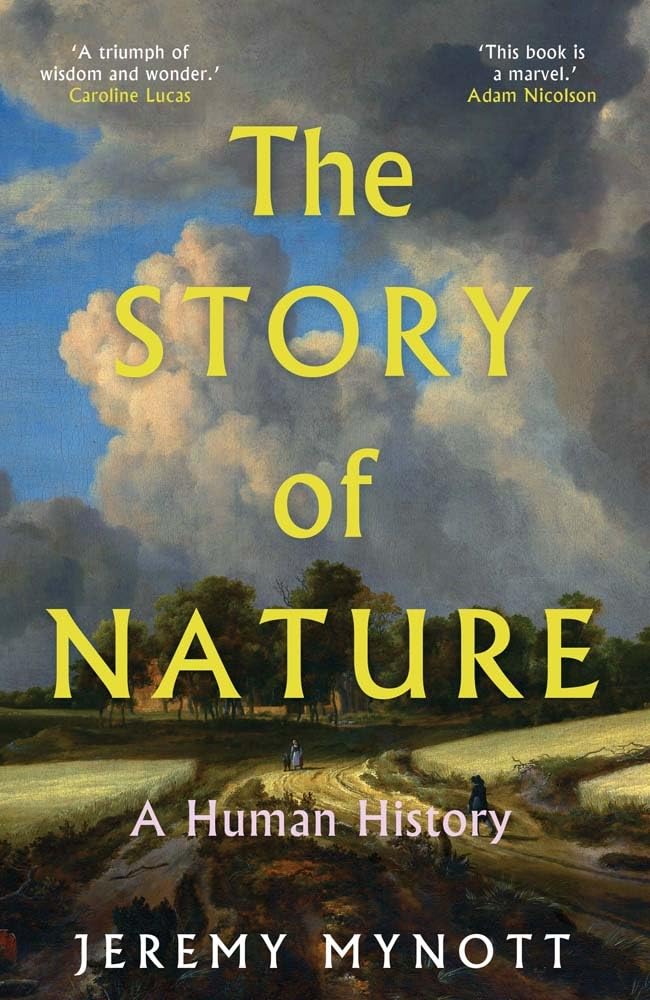 The Story of Nature: A human history by Jeremy Mynott (Yale University Press) is a celebration of the natural world, as well as a lament for what has been lost. A searching and committed book, it keeps alive the belief that imagination and wonder are vital in restoring our relationship with nature. Good poetry criticism is sometimes hard to find, but Robert Lowell in Context, edited by Thomas Austenfeld and Grzegorz Kość (Cambridge University Press), succeeds in showing the American writer to be a prodigiously gifted artist, and not simply the ‘confessional poet’ of earlier criticism. One of the world’s leading theologians, Gerald O’Collins, SJ, died in Melbourne on 22 August 2024. His Letters at Christmas: Inspiration from Paul and Cicero (Connor Court Publishing) appeared just a few weeks later and shines with all the personal qualities – kindness, compassion, magnanimity, erudition, devotion – for which he will be so dearly remembered.
The Story of Nature: A human history by Jeremy Mynott (Yale University Press) is a celebration of the natural world, as well as a lament for what has been lost. A searching and committed book, it keeps alive the belief that imagination and wonder are vital in restoring our relationship with nature. Good poetry criticism is sometimes hard to find, but Robert Lowell in Context, edited by Thomas Austenfeld and Grzegorz Kość (Cambridge University Press), succeeds in showing the American writer to be a prodigiously gifted artist, and not simply the ‘confessional poet’ of earlier criticism. One of the world’s leading theologians, Gerald O’Collins, SJ, died in Melbourne on 22 August 2024. His Letters at Christmas: Inspiration from Paul and Cicero (Connor Court Publishing) appeared just a few weeks later and shines with all the personal qualities – kindness, compassion, magnanimity, erudition, devotion – for which he will be so dearly remembered.
Zora Simic
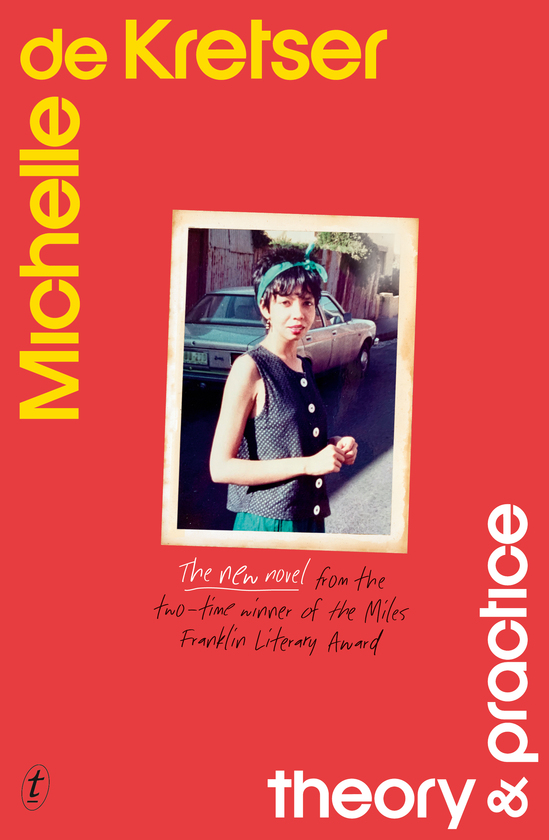 It was harder than usual to finish books. As Isabella Hammad writes in Recognising the Stranger: On Palestine and narrative (Fern), one of my books of the year, ‘it is a novel horror in human history to watch a genocidal war on our phones’. When I did read, I was drawn to fresh takes on histories and people I thought I knew. In Critical Care: Nurses on the frontline of Australia’s AIDS crisis (NewSouth), Geraldine Fela spoke to nurses, unionists, and other grassroots activists we don’t often hear from. Superbly told, it made me cry. Ann Powers’ Travelling: On the path of Joni Mitchell (HarperCollins) inspired me to go on a Joni deep dive and to read more Powers. For fiction, Michelle de Kretser’s Theory & Practice hit all my sweet spots, and guided me towards Gillian Leahy’s 1986 film My Life Without Steve (available on Kanopy). I loved them both.
It was harder than usual to finish books. As Isabella Hammad writes in Recognising the Stranger: On Palestine and narrative (Fern), one of my books of the year, ‘it is a novel horror in human history to watch a genocidal war on our phones’. When I did read, I was drawn to fresh takes on histories and people I thought I knew. In Critical Care: Nurses on the frontline of Australia’s AIDS crisis (NewSouth), Geraldine Fela spoke to nurses, unionists, and other grassroots activists we don’t often hear from. Superbly told, it made me cry. Ann Powers’ Travelling: On the path of Joni Mitchell (HarperCollins) inspired me to go on a Joni deep dive and to read more Powers. For fiction, Michelle de Kretser’s Theory & Practice hit all my sweet spots, and guided me towards Gillian Leahy’s 1986 film My Life Without Steve (available on Kanopy). I loved them both.
Patrick Flanery
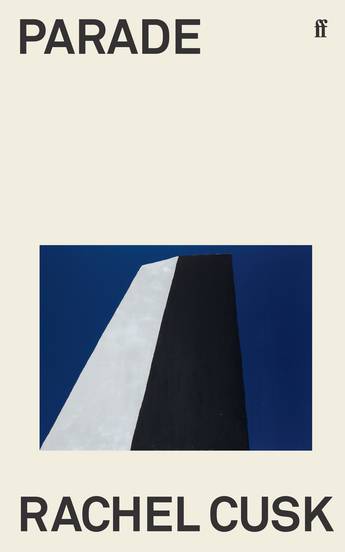 I started the year with Neel Mukherjee’s tripartite Choice (Atlantic), an unsparing novel about the ways in which small choices reverberate across many lives, and Nam Le’s sophisticated 36 Ways of Writing a Vietnamese Poem, which proves him as assured a poet as he is a fiction writer. As politics darkened everywhere, Miranda July’s explosively funny All Fours (Canongate) provided comic relief in abundance, alongside surprisingly moving meditations on parenthood, partner-hood, and ageing. Rachel Cusk’s latest experiments with characterisation have been trashed by some reviewers, but I found Parade (Faber, 8/24) a rare example of convincing and thoughtful fiction about art and artists. And finally, Olga Tokarczuk’s brilliant ‘Health Resort Horror Story’, The Empusium (Text, translated by Antonia Lloyd-Jones), has kept me up in recent nights with its fable of national misogyny on the eve of war: a vision of ‘a very brief moment of equilibrium between light and darkness’. Too true.
I started the year with Neel Mukherjee’s tripartite Choice (Atlantic), an unsparing novel about the ways in which small choices reverberate across many lives, and Nam Le’s sophisticated 36 Ways of Writing a Vietnamese Poem, which proves him as assured a poet as he is a fiction writer. As politics darkened everywhere, Miranda July’s explosively funny All Fours (Canongate) provided comic relief in abundance, alongside surprisingly moving meditations on parenthood, partner-hood, and ageing. Rachel Cusk’s latest experiments with characterisation have been trashed by some reviewers, but I found Parade (Faber, 8/24) a rare example of convincing and thoughtful fiction about art and artists. And finally, Olga Tokarczuk’s brilliant ‘Health Resort Horror Story’, The Empusium (Text, translated by Antonia Lloyd-Jones), has kept me up in recent nights with its fable of national misogyny on the eve of war: a vision of ‘a very brief moment of equilibrium between light and darkness’. Too true.
Cassandra Atherton
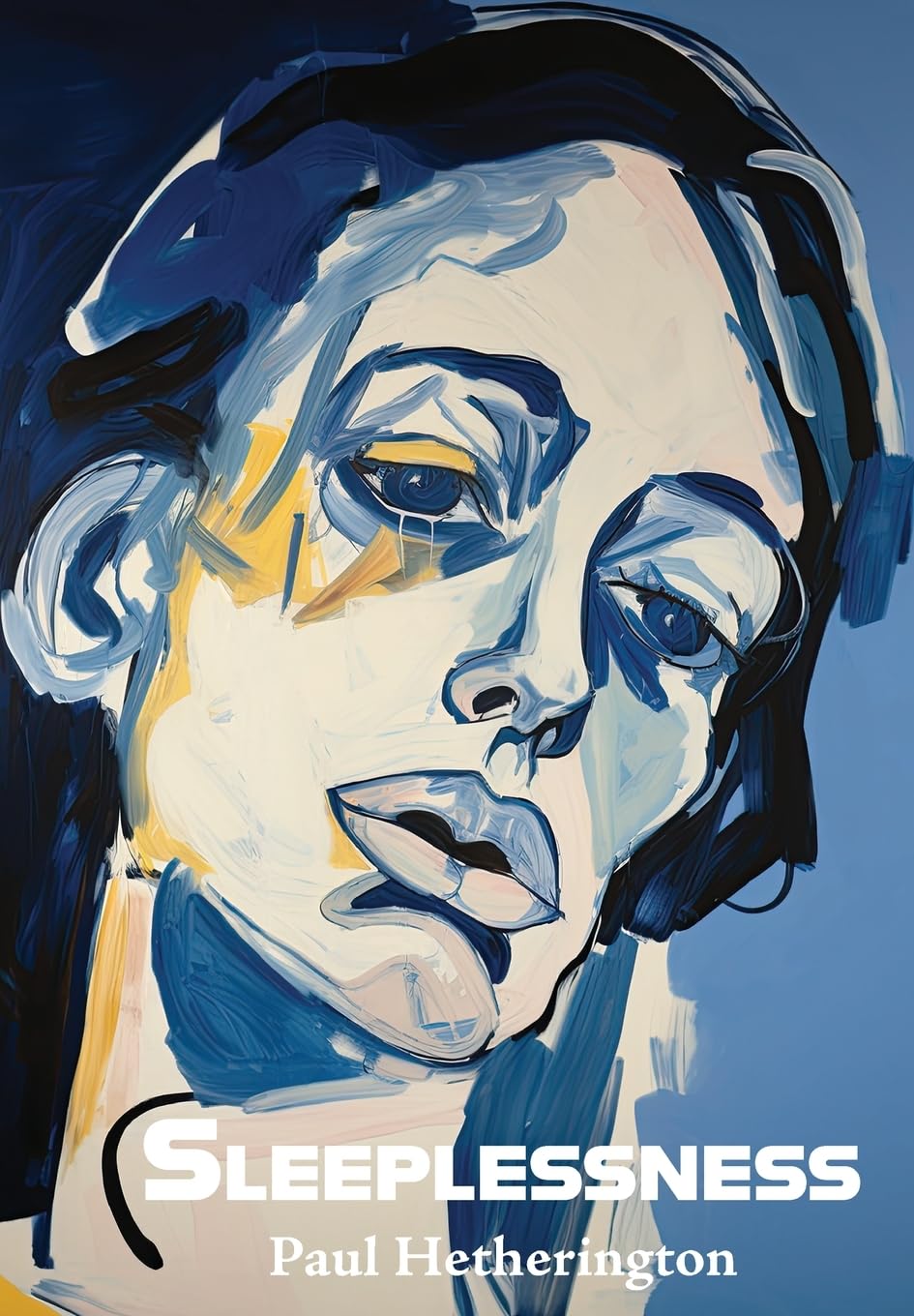 The best books of poetry are the ones where lines from poems become earworms. ‘Your earlobe beguiles me’ and ‘we peel like a tangerine’ are tantalising lines I still can’t shake from two award-winning Australian poetry collections. Both are concerned with the postmodern sublime and concepts of exquisite silence. Paul Hetherington’s Sleeplessness (Pierian Springs Press) takes place between 3 am and 6 am when the narrator longs for sleep but his charged ruminations keep him awake. It is a postmodern pillow book, deeply ecofeminist in its consideration of the politics of desire. Svetlana Sterlin’s début poetry collection, If Movement Was a Language (Vagabond), explores swimming – its rhythmic strokes and breathing – as spirited moments of liberation. The silence of being underwater is used to uncanny effect as Sterlin’s poems confront narratives of displacement and disappointment like a hard slap of water on the body.
The best books of poetry are the ones where lines from poems become earworms. ‘Your earlobe beguiles me’ and ‘we peel like a tangerine’ are tantalising lines I still can’t shake from two award-winning Australian poetry collections. Both are concerned with the postmodern sublime and concepts of exquisite silence. Paul Hetherington’s Sleeplessness (Pierian Springs Press) takes place between 3 am and 6 am when the narrator longs for sleep but his charged ruminations keep him awake. It is a postmodern pillow book, deeply ecofeminist in its consideration of the politics of desire. Svetlana Sterlin’s début poetry collection, If Movement Was a Language (Vagabond), explores swimming – its rhythmic strokes and breathing – as spirited moments of liberation. The silence of being underwater is used to uncanny effect as Sterlin’s poems confront narratives of displacement and disappointment like a hard slap of water on the body.
Nathan Hollier
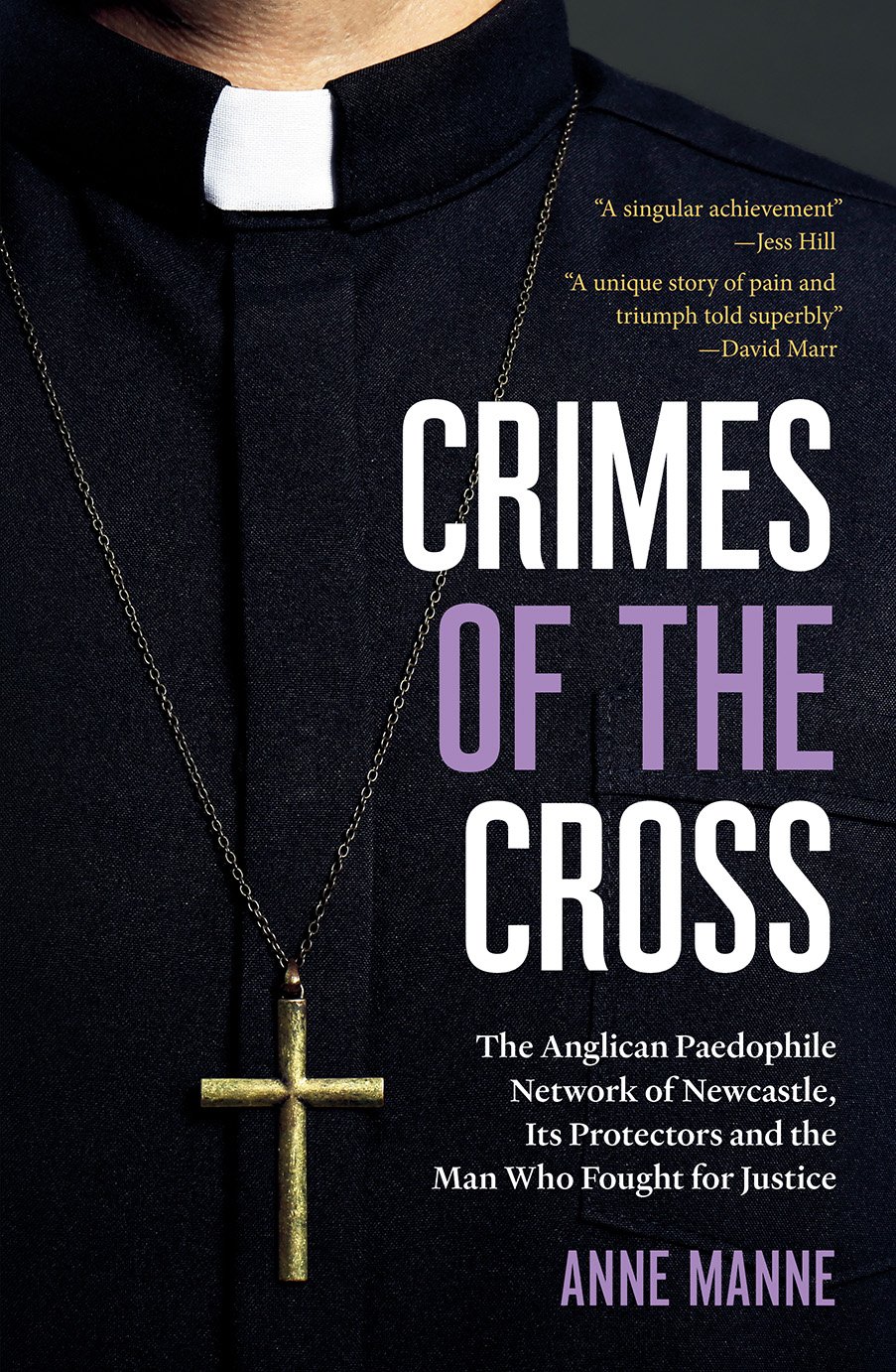 Dana Mattioli’s The Everything War: Amazon’s ruthless quest to own the world and remake corporate power (Torva) lacks the polish of Brad Stone’s portraits of this company, but goes considerably deeper than Stone in detailing troubling manifestations of the amoral megalomania that underpins everything Amazon does. Mattioli reveals a corporate monster threatening not only market competition but democracy. Josh Bornstein’s Working for the Brand: How corporations are destroying free speech (Scribe, 11/24) is an important intervention into discussions of corporate and institutional power in the Australian context, adding to analyses of professional-class liberalism advanced by Thomas Frank in Listen Liberal (2017). In Crimes of the Cross (Black Inc., 5/24), Anne Manne holds to account a group of clerical criminals long buttressed by the Anglican Church. Difficult at times to read due to the subject matter, this work was also tough to research, write, and publish. Special credit is due to Manne and her publisher.
Dana Mattioli’s The Everything War: Amazon’s ruthless quest to own the world and remake corporate power (Torva) lacks the polish of Brad Stone’s portraits of this company, but goes considerably deeper than Stone in detailing troubling manifestations of the amoral megalomania that underpins everything Amazon does. Mattioli reveals a corporate monster threatening not only market competition but democracy. Josh Bornstein’s Working for the Brand: How corporations are destroying free speech (Scribe, 11/24) is an important intervention into discussions of corporate and institutional power in the Australian context, adding to analyses of professional-class liberalism advanced by Thomas Frank in Listen Liberal (2017). In Crimes of the Cross (Black Inc., 5/24), Anne Manne holds to account a group of clerical criminals long buttressed by the Anglican Church. Difficult at times to read due to the subject matter, this work was also tough to research, write, and publish. Special credit is due to Manne and her publisher.
Joel Deane
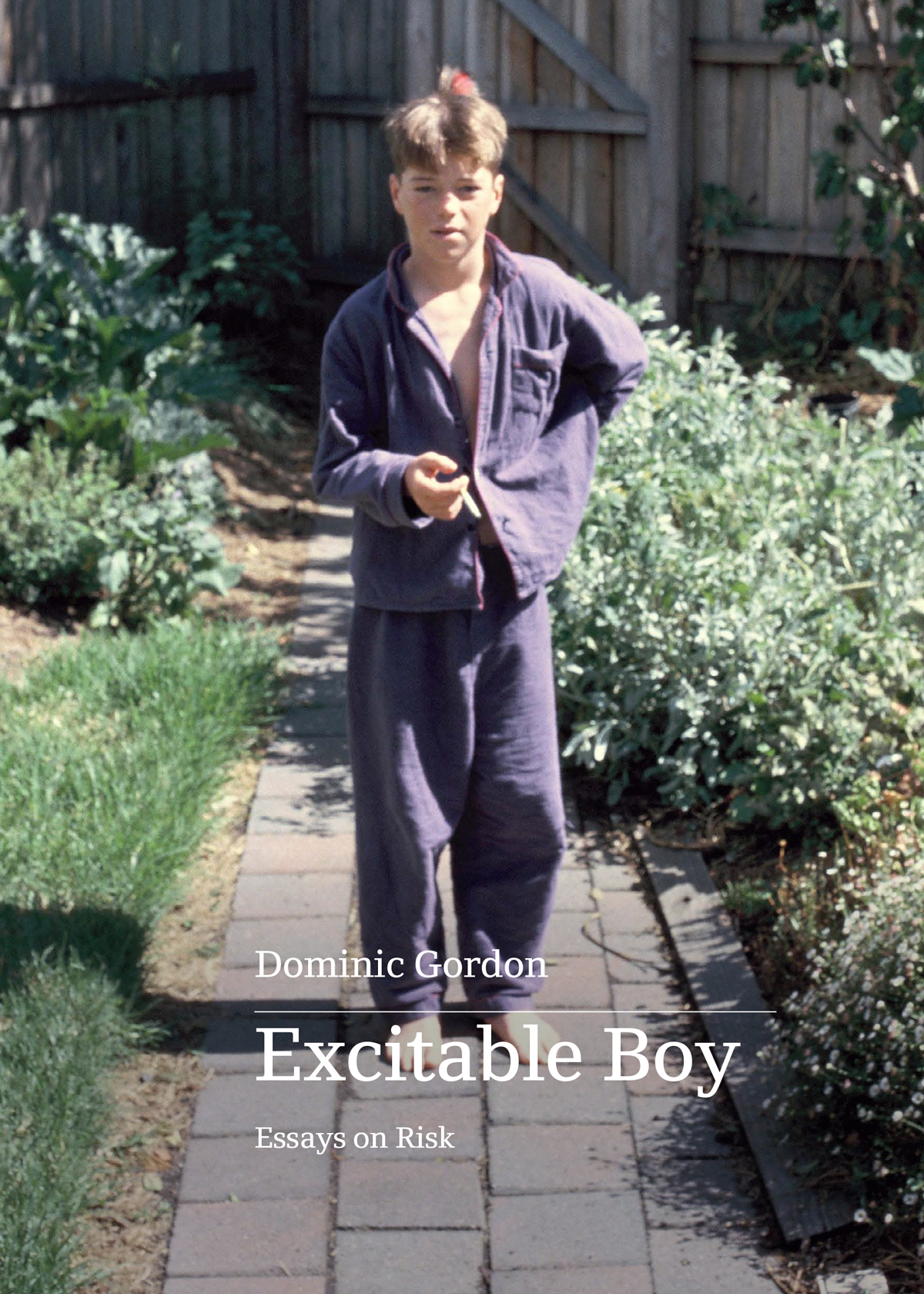 My reading was dominated by non-fiction. The political book that lingered was historian Dennis Glover’s confronting polemic, Repeat: A warning from history (Black Inc.). Glover uses the rise of fascism in the 1920s and 1930s to argue for urgent global action to protect democracies from populism. ‘Rid yourself of the idea that it can’t happen again,’ Glover writes. ‘Anything is possible.’ Locally, I am reviewing former Labor Senator Kim Carr’s flawed-but-important A Long March (Monash University Press) for ABR. Internationally, The Road to Freedom: Economics and the good society (Allen Lane) – Joseph E. Stiglitz’s progressive counter to Friedrich Hayek’s neo-liberal The Road to Serfdom (1944) – is worth a look. Finally, my standout non-fiction read was Dominic Gordon’s début: Excitable Boy: Essays on risk. Filthy, funny, fierce: it is an instant Melbourne classic.
My reading was dominated by non-fiction. The political book that lingered was historian Dennis Glover’s confronting polemic, Repeat: A warning from history (Black Inc.). Glover uses the rise of fascism in the 1920s and 1930s to argue for urgent global action to protect democracies from populism. ‘Rid yourself of the idea that it can’t happen again,’ Glover writes. ‘Anything is possible.’ Locally, I am reviewing former Labor Senator Kim Carr’s flawed-but-important A Long March (Monash University Press) for ABR. Internationally, The Road to Freedom: Economics and the good society (Allen Lane) – Joseph E. Stiglitz’s progressive counter to Friedrich Hayek’s neo-liberal The Road to Serfdom (1944) – is worth a look. Finally, my standout non-fiction read was Dominic Gordon’s début: Excitable Boy: Essays on risk. Filthy, funny, fierce: it is an instant Melbourne classic.
John Hawke
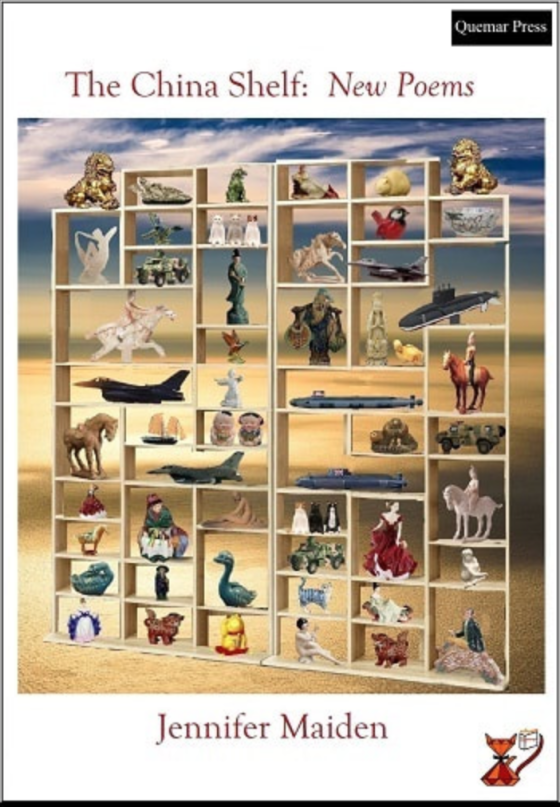 In The China Shelf: New poems (Quemar Press), poet Jennifer Maiden maintains her steady new left focus on the dangerous, and increasingly disgraceful, complicities of our global alliances. Her previous volume, Golden Bridge (2023), was nominated for a 2024 Prime Minister’s Literary Award, and Anthony Albanese, overseen by the admonitory ghost of Tom Uren, appears as a recurring character in these poems: perhaps he even read the book. Duncan Hose’s The Pursuit of Myth in the Poetry of Frank O’Hara, Ted Berrigan and John Forbes: Prick’d by charm (Springer) positions the poetry of John Forbes in relation to influential New York poets Frank O’Hara and Ted Berrigan. More a collection of brilliant aperçus (the poet is ‘a jockey of technique’) than standard textual analysis, Hose’s distinctive study traces the ‘charm’ of poetic personae across three generations. For pure escapism, try D.J. Piggott’s exquisite limited edition, Minim Opus: An alphabet of curiosities (Auk Books), which combines the Oulipean exoticism of Italo Calvino with the cabinets of Joseph Cornell.
In The China Shelf: New poems (Quemar Press), poet Jennifer Maiden maintains her steady new left focus on the dangerous, and increasingly disgraceful, complicities of our global alliances. Her previous volume, Golden Bridge (2023), was nominated for a 2024 Prime Minister’s Literary Award, and Anthony Albanese, overseen by the admonitory ghost of Tom Uren, appears as a recurring character in these poems: perhaps he even read the book. Duncan Hose’s The Pursuit of Myth in the Poetry of Frank O’Hara, Ted Berrigan and John Forbes: Prick’d by charm (Springer) positions the poetry of John Forbes in relation to influential New York poets Frank O’Hara and Ted Berrigan. More a collection of brilliant aperçus (the poet is ‘a jockey of technique’) than standard textual analysis, Hose’s distinctive study traces the ‘charm’ of poetic personae across three generations. For pure escapism, try D.J. Piggott’s exquisite limited edition, Minim Opus: An alphabet of curiosities (Auk Books), which combines the Oulipean exoticism of Italo Calvino with the cabinets of Joseph Cornell.
Peter Goldsworthy
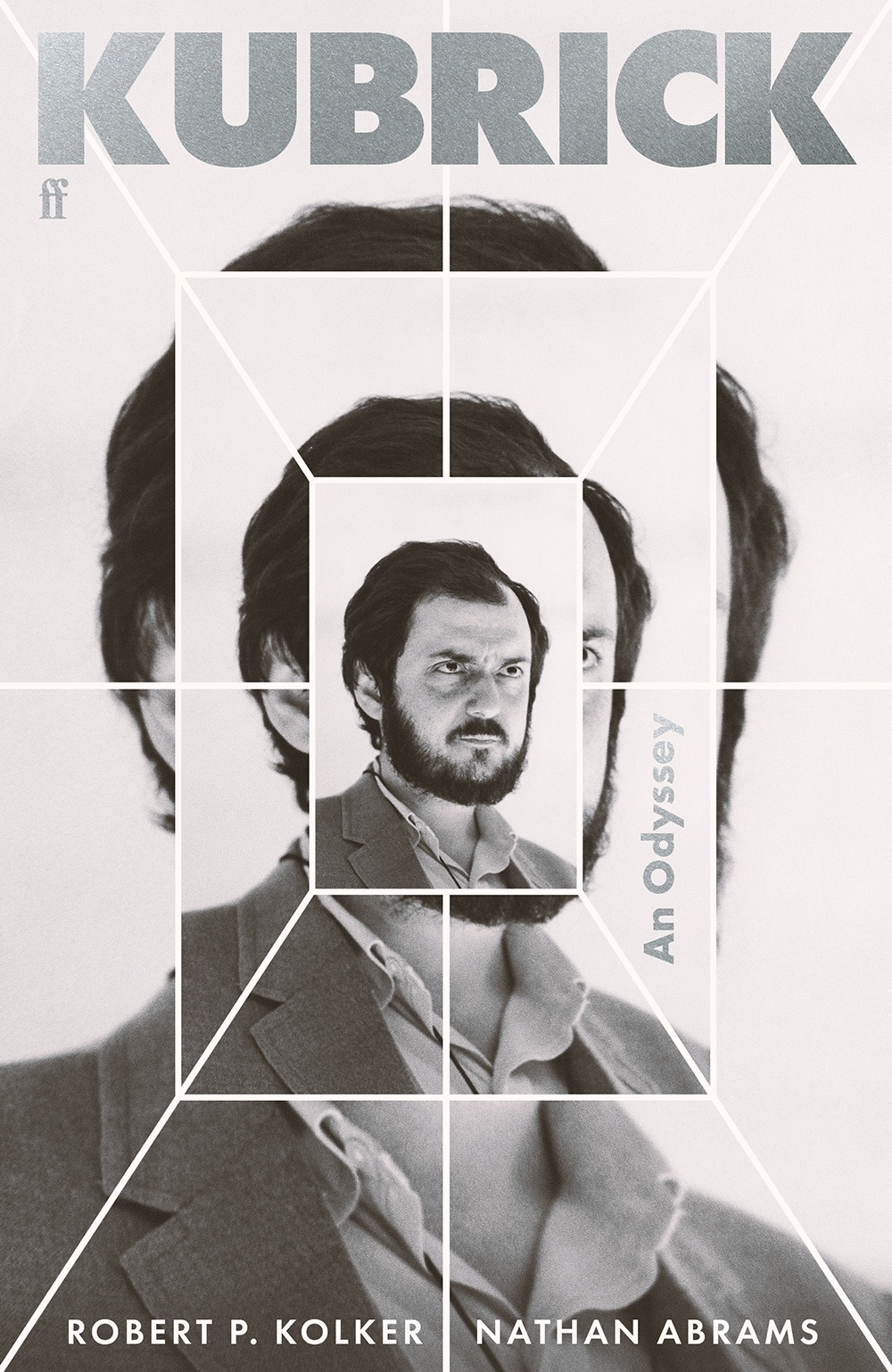 The life stories of two filmmakers mesmerised me this year: Robert P. Kolker and Nathan Abrams’s biography of Stanley Kubrick, which I reviewed in these pages (Faber, 8/24), and Werner Herzog’s autobiography, Every Man for Himself and God against All (Bodley Head, 6/24), which I bought on the strength of a review, also in these pages. The boyhood years of both these – I won’t shirk the cliché – eccentric geniuses are worth the price of the books alone: Kubrick’s growing up in the Bronx, a shy misfit at school who preferred watching movies, and chess-hustling in Washington Square; Herzog’s one of severe deprivation in bombed-out postwar rural Bavaria. Food was scarce; his mother at times would boil wallpaper stripped from ruined buildings to extract the nutritious vegetable gum. The rest of each book is brimful of successes and failures, and characters even more eccentric – and lunatic – than their obsessive, hustling subjects.
The life stories of two filmmakers mesmerised me this year: Robert P. Kolker and Nathan Abrams’s biography of Stanley Kubrick, which I reviewed in these pages (Faber, 8/24), and Werner Herzog’s autobiography, Every Man for Himself and God against All (Bodley Head, 6/24), which I bought on the strength of a review, also in these pages. The boyhood years of both these – I won’t shirk the cliché – eccentric geniuses are worth the price of the books alone: Kubrick’s growing up in the Bronx, a shy misfit at school who preferred watching movies, and chess-hustling in Washington Square; Herzog’s one of severe deprivation in bombed-out postwar rural Bavaria. Food was scarce; his mother at times would boil wallpaper stripped from ruined buildings to extract the nutritious vegetable gum. The rest of each book is brimful of successes and failures, and characters even more eccentric – and lunatic – than their obsessive, hustling subjects.
Kevin Foster
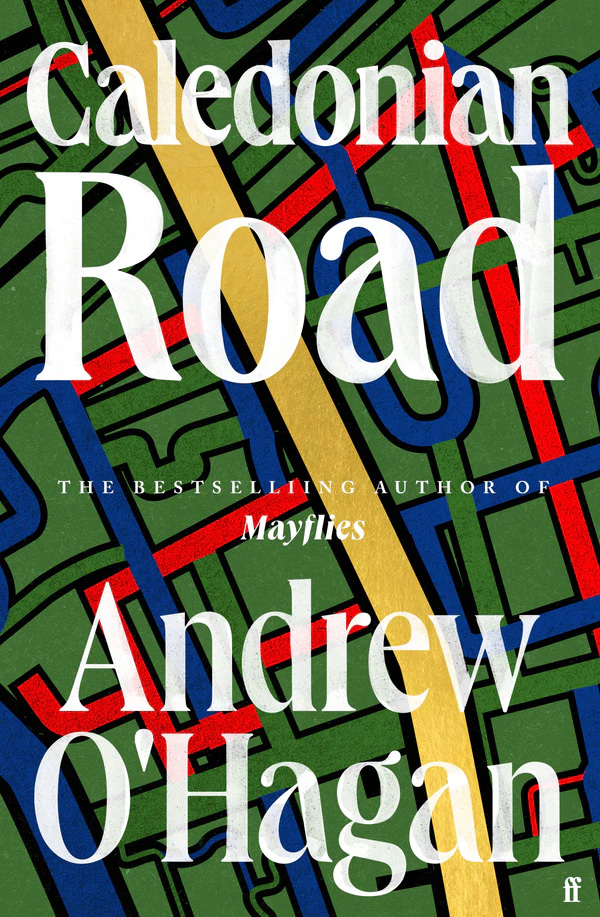 Andrew O’Hagan enjoyed himself channelling Thackeray in Caledonian Road (Faber, 6/24), laying bare modern Britain’s moral and financial rot, where everything and everybody has its price and values are a marketing ploy. Over the water, Donal Ryan’s Heart, Be at Peace (Doubleday) revisited the twenty-one characters from his 2012 début, The Spinning Heart, more than a decade after Ireland’s economic implosion. The dissonant chorus of their voices uncovers the powerful currents that swell and tug beneath the surface of seemingly ordinary lives. Ryan’s village-Hampdens and mute inglorious Miltons may dwell far from the madding crowd, but there is little cool or sequestered about the vales through which they pass. I also relished David Thomson’s The Fatal Alliance: A century of war on film (HarperCollins, 9/24), a rich field for the greatest living writer on film to show his critical paces. I would have included David McBride’s The Nature of Honour (Viking, 1/24), which so enriched my life earlier this year, but as a 2023 publication it misses out, on a technicality.
Andrew O’Hagan enjoyed himself channelling Thackeray in Caledonian Road (Faber, 6/24), laying bare modern Britain’s moral and financial rot, where everything and everybody has its price and values are a marketing ploy. Over the water, Donal Ryan’s Heart, Be at Peace (Doubleday) revisited the twenty-one characters from his 2012 début, The Spinning Heart, more than a decade after Ireland’s economic implosion. The dissonant chorus of their voices uncovers the powerful currents that swell and tug beneath the surface of seemingly ordinary lives. Ryan’s village-Hampdens and mute inglorious Miltons may dwell far from the madding crowd, but there is little cool or sequestered about the vales through which they pass. I also relished David Thomson’s The Fatal Alliance: A century of war on film (HarperCollins, 9/24), a rich field for the greatest living writer on film to show his critical paces. I would have included David McBride’s The Nature of Honour (Viking, 1/24), which so enriched my life earlier this year, but as a 2023 publication it misses out, on a technicality.
James Ley
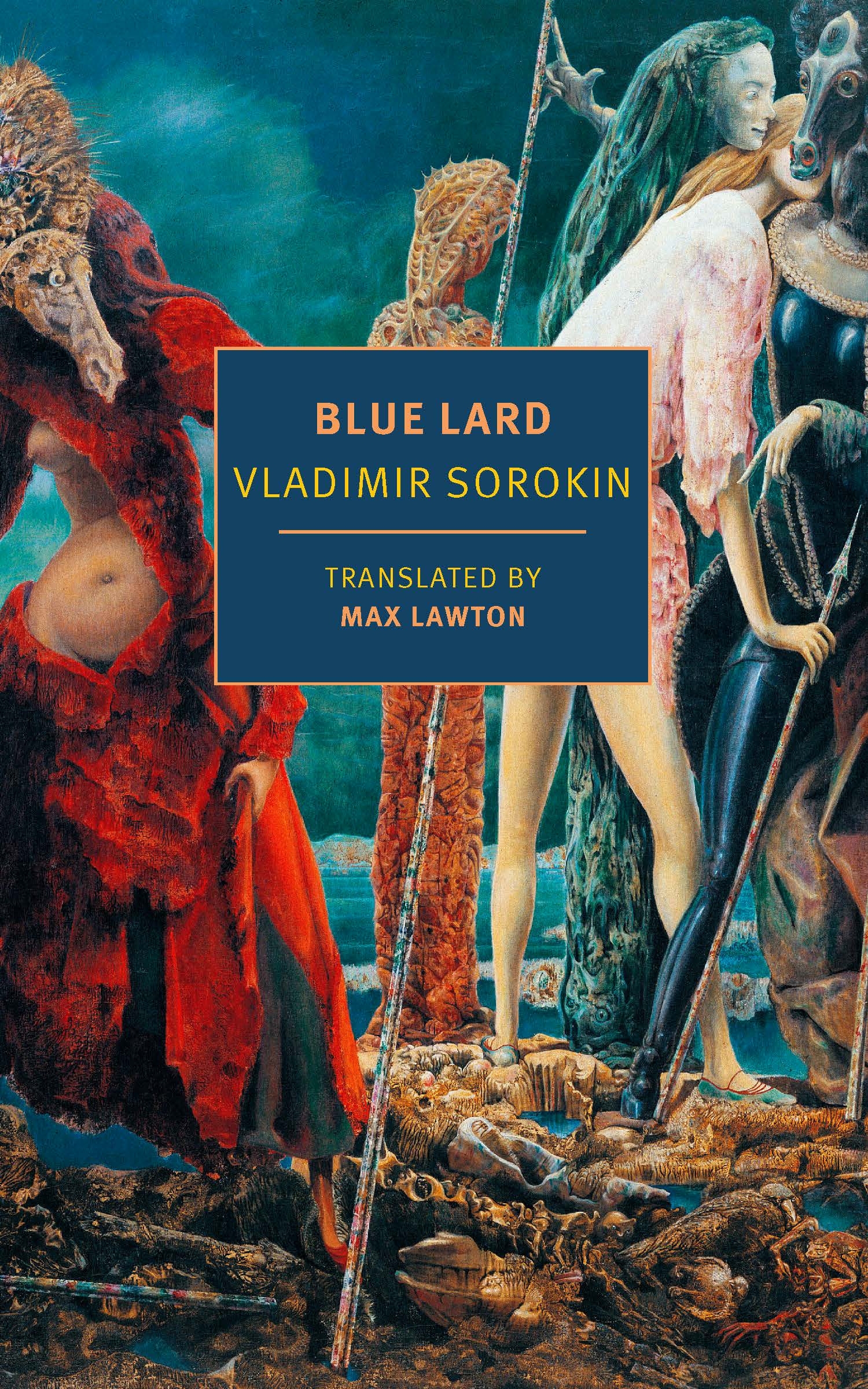 Hands down the wildest release of the year was Vladimir Sorokin’s Blue Lard (New York Review Books, translated by Max Lawton), which appeared in English translation for the first time. The novel was originally published in 1999 in Russia, where it sparked public protests that eventually saw Sorokin hauled before the courts on pornography charges for a scene featuring Stalin and Khruschev in carnal embrace. The plot, to the extent that it can be said to have a plot, unfolds in a futuristic Russia where canonical writers are being cloned because it has been discovered that the eponymous substance they produce when they write can be used as a superconductor; the blue lard is then sent back in time to an alternative version of the twentieth century, in which the Nazis have won World War II. A comprehensive travestying of nationalist mythology and classic Russian literature, Blue Lard is obscene, grotesque, bizarre, horrifying, satirical (the Dostoevsky parody is particularly hilarious), and frequently baffling – what’s not to like?
Hands down the wildest release of the year was Vladimir Sorokin’s Blue Lard (New York Review Books, translated by Max Lawton), which appeared in English translation for the first time. The novel was originally published in 1999 in Russia, where it sparked public protests that eventually saw Sorokin hauled before the courts on pornography charges for a scene featuring Stalin and Khruschev in carnal embrace. The plot, to the extent that it can be said to have a plot, unfolds in a futuristic Russia where canonical writers are being cloned because it has been discovered that the eponymous substance they produce when they write can be used as a superconductor; the blue lard is then sent back in time to an alternative version of the twentieth century, in which the Nazis have won World War II. A comprehensive travestying of nationalist mythology and classic Russian literature, Blue Lard is obscene, grotesque, bizarre, horrifying, satirical (the Dostoevsky parody is particularly hilarious), and frequently baffling – what’s not to like?


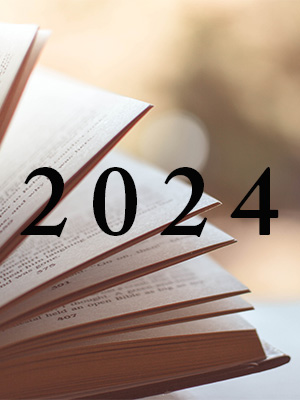
Comments powered by CComment